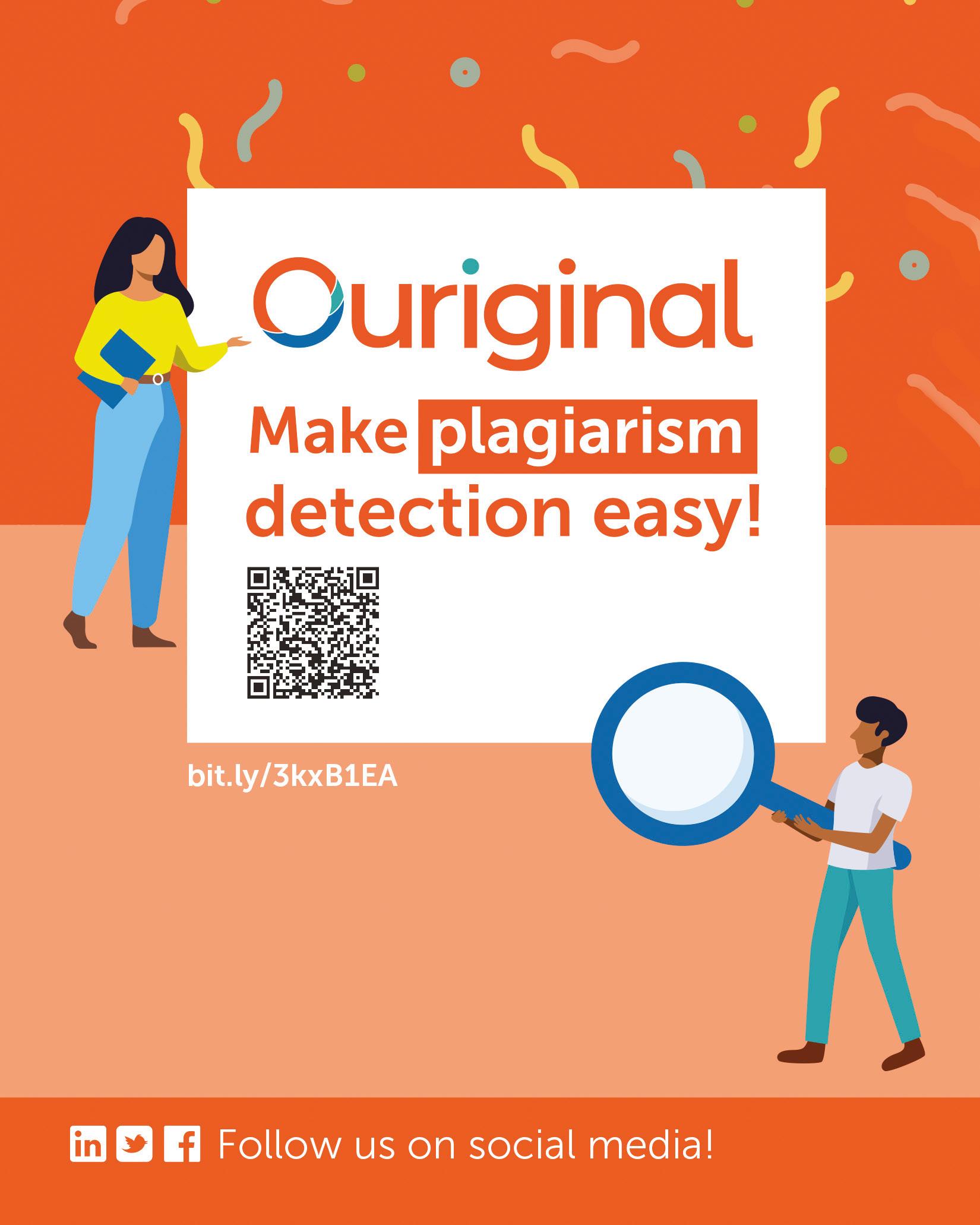

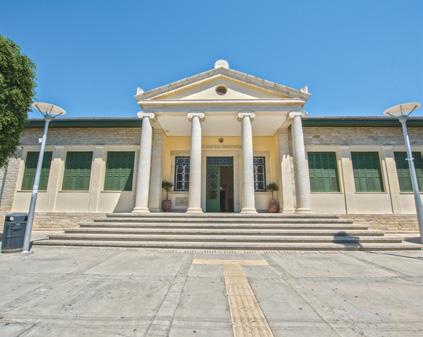














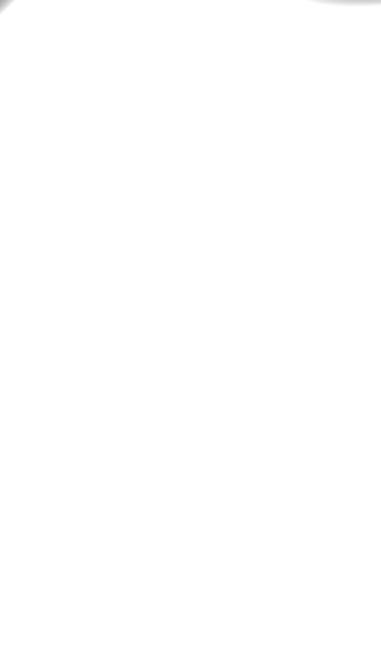



December 2022 Vol - 4 Issue - 19
Head of Advisory Board
Dr. Manoj Varghese, Ph.D
Managing Editor
Sarath Shyam
Consultant Editors
Dr. John Andrews
Anuja Mulmule
Emma James Andrew Scott Amrin Ahmed
Editorial Enquiry: admin@highereducationdigest.com
Charlie Jameson Manjunath R Louis Bernard
Naomi Wilson Stanly Lui Roshni Rajagopal Sabrina Samson Keith Alexander Ajay Das Rohith Poojary Shirley David
Branding & Marketing Partnerships


Jennifer Anderson Monica Davis Suchita Sethy Aakash Sawkar Jessica Edword
Rachel Roy Shubham Amle Anna Elza Stephen Donnell Cathy Che
Partnerships Enquiry: admin@highereducationdigest.com
Free Subscription www.highereducationdigest.com

Americas 16192 Coastal Highway, Lewes, DE 19958, USA
Europe
27, Old Gloucester Street, London, WC1N 3AX, UK
Middle East & Africa P.O. Box 48299, Dubai Silicon Oasis, Dubai, UAE
Asia-Pacific
Ramanashree Arcade, 18 MG Road, Bangalore – 560001, India
Higher Education Digest is a digital magazine published by Connecta Innovation Private Limited. All rights reserved. The opinions expressed in the content and pictures provided are those of the authors. They do not purport to reflect the opinions or views of the Connecta Innovation Private Limited or any of its members and we do not assume any responsibility. The publisher does not assume any responsibility for the advertisements, its content, pictures, and all representation of warranties made in such advertisements are those of the advertisers and not of the publisher.


Higher Education Digest is a Free Subscription digital magazine strictly not for sale and has to be strictly for internal private use only. Publisher does not assume any responsibility arising out of anyone printing copy of this digital magazine in any format and in any country and all matters related to that.

The University of Bologna, Italy, founded in 1088, is the oldest university in continuous operation in the world and the first degree-awarding institution of higher learning. Then there are names like Oxford and Cambridge in the United Kingdom that stand tall among the world’s most prestigious universities. European countries are home to some of the most highly-ranked universities in the world and offer excellent educational benefits and a multicultural academic environment. In 2022, the UK alone had over 605,130 international students.
Europe today has over 4000 higher education institutions, from top-level research establishments to small, teaching-focused colleges, with more than 17 million students and 1.5 million academics, including 435,000 researchers. Compared to the US, European universities offer quality education at an affordable price. Besides, there are many
scholarships available to reduce the cost further. For instance, France has over 3500 higher education institutions and public universities. Tuition fees at French public universities are nominal as the government subsidizes education, and a degree from the same can be obtained at approximately 200 EUR per year. Besides, countries like Germany encourage the best and brightest students to stay on after their studies.
However, finding a perfect higher education destination would be a cumbersome task for international students, as there are thousands of higher education institutions to choose from. At the Higher Education Digest, we analyzed leading research universities to small, friendly teaching colleges offering a great variety of degree programs and put together 10 Must-Watch Universities and Colleges in Europe - 2022. We hope our efforts will help international students looking for a quality university life in Europe. Enjoy Reading.
Sarath Shyam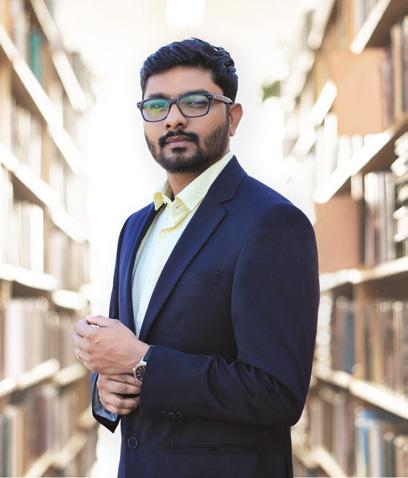
Ex-M
Mr. Amulya Sah, PGD PM & IR, PG Diploma in PM&IR (XISS Ranchi)
Chief Human Resources Officer, Former Head HR group Samsung R&D Institute India,Transformative HR Leader, Change agent, Digitization facilitator, Engagement architect, Trainer and Diversity champion.

Dr. Varughese K.John, PhD, MBA, MPhil, MCom, LLB.
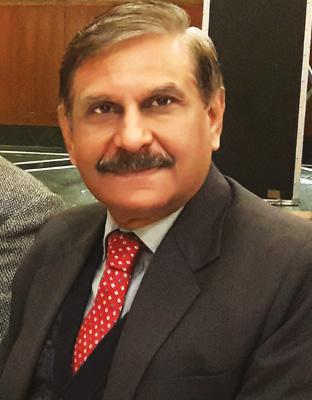
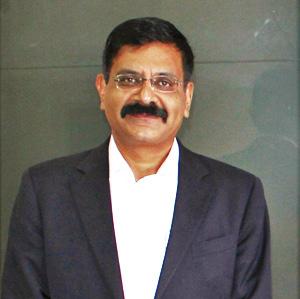
Former Program Director, MS in Management Program, GSATM - AU
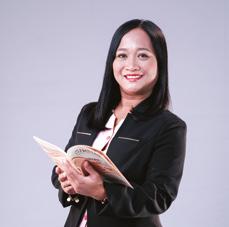
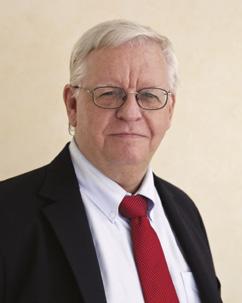
Dr. Ajay Shukla, Ph.D, MBA, BE. Co-founder and Chief Strategy Officer at Higher Education UAE
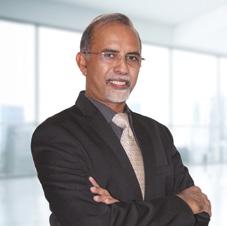
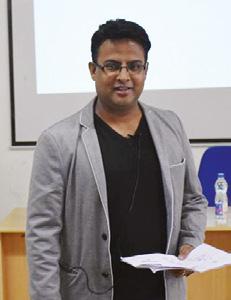
Dr. Kuldeep Nagi, Ph.D, MBA, BSc.
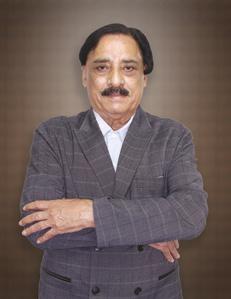
Former Program Director of Ph.D, Recipient of Fulbright Fellowship Award & Dan Evans Award for Excellence and Writer columnist.
Shanthi Rajan (MSHRM, FHEA, AMCILT) Director, Institution Development, University of Stirling, RAK Campus, UAE.
Dr. Hans A. Andrews Ed.D. Distinguished Fellow in Community College Leadership, Olney Central College, Illinois,USA
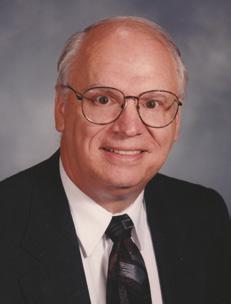
Mr. Sreedhar Bevara, MBA, B.Com
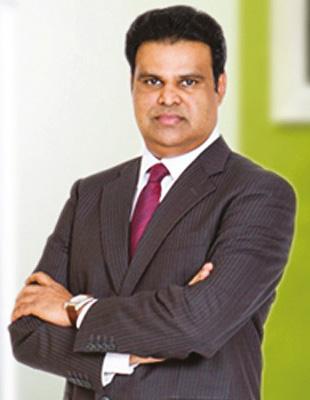
CEO at BMR Innovations, Ex Senior General Manager at Panasonic, LG, The Hindu, TATA, Author: Moment of Signal & The Roaring Lambs, Motivational Speaker & Leadership Consultant.
Dr. Khyati Shetty Ph.D (Marketing)., SFHEA (UK), MBA (Marketing), PGHRM, BA (Marketing & Economics)
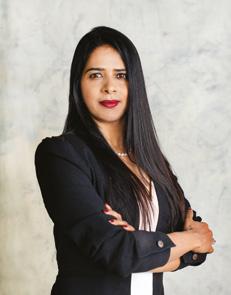
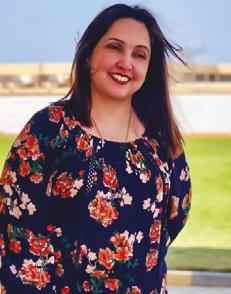
Dr. Manoj Varghese, Ph.D
Senior Director - Global Partnerships, Advisory & Consulting - Connecta® , Head of Advisory BoardHigher Education Digest® & K12 Digest®, Adjunct Faculty - Assumption University, Former CIO - Athena Education, Former Global Director TechnologyGEMS Education
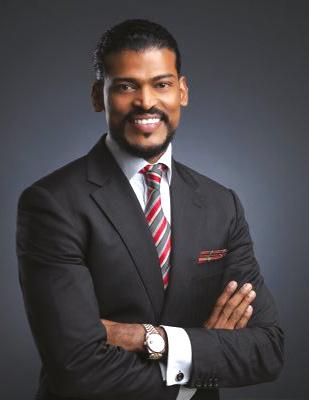
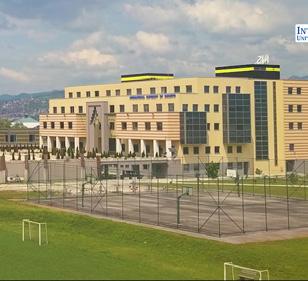

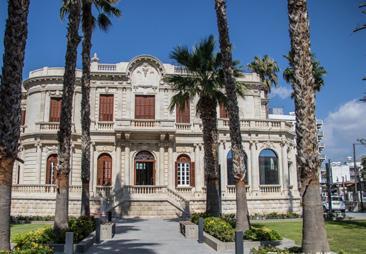

José Maillet, Head of Gaïa & Professor of Marketing at Audencia
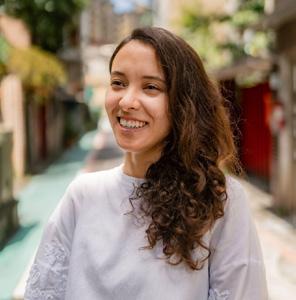
Vibha Kagzi, Founder & CEO, ReachIvy.com

52
Dominique Vatin, Staff Writer and Resident Career Expert, Resume Genius

Dr Dharmendra Sharma AM, Professor in InformationTechnology & Systems (ITS), University of Canberra

68
86
Dr. Hamzeh Awad, Ph.D., FHEA, Academician and researcher in Health Science and Health Information Technology, UAE &
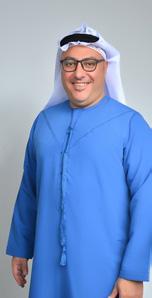
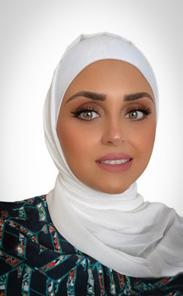
Ms. Juana Elbakhit, BSc, MSc candidate, IU of Applied Science, Germany
Manuel Hernandez, Language Arts Teacher, Florida Department of Education
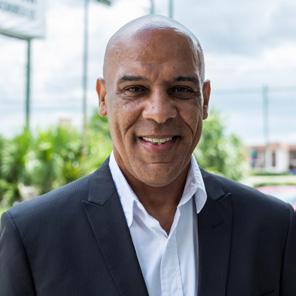

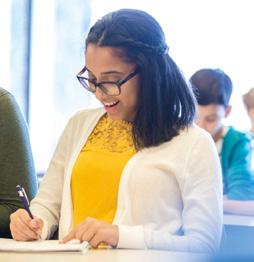

José
Maillet, Head of Gaïa & Professor of Marketing at AudenciaAccording to you, what strategies can be used to deal with global climate change?
Climate change poses a fundamental threat to the planet, species, and people’s livelihoods. The task is monumental, but as Greta Thunberg has said, no one is too small to make a difference and we all have our role to play. The most urgent actions required are to reduce our carbon footprint and to prepare
for the consequences of global warming. Advocacy, mobilisation, activism, and action are of course key. Education has a huge role to play for change to happen, including those of us who are training future managers and CEOs. At Gaïa, we teach our students about the implications of climate change and the impact it has on the planet and the biosphere. These are huge challenges for companies.
Advocacy, mobilisation, activism, and action are of course key. Education has a huge role to play for change to happen, including those of us who are training future managers and CEOs
José Maillet holds a Ph.D in management sciences. He is Professor of ecological and social transition at Audencia. Highly committed to Corporate Social Responsibility (CSR), he supports and advises companies and public organizations on strategic topics related to CSR and supports the deployment of CSR performance indicators, vectors of innovation and performance. In 2019, he developed a course in economics and energy transition integrated into the basic knowledge base of Audencia students. More than 1,000 students have to date received these essential lessons for a successful energy and ecological transition. In 2021, he took charge of Gaïa, the school for ecological and social transition launched by Audencia. In a conversation with Higher Education Digest, José Maillet talks about climate change, sustainability and how is Audencia responding to these challenges.
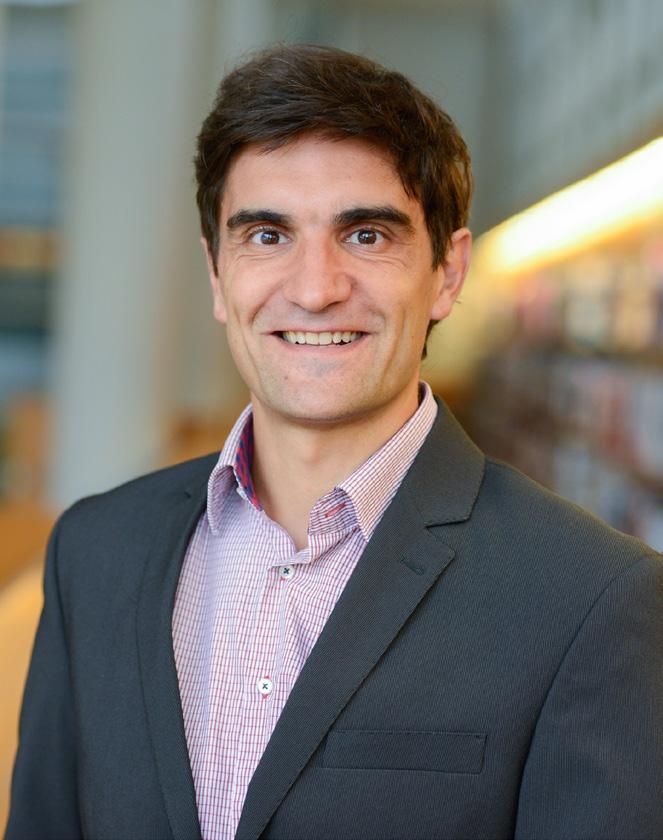
In response, in our ‘Climate Intelligence’ course, students learn about the work of the IPCC (Intergovernmental Panel on Climate Change), including Shared Socioeconomic Pathways (SSP) and climate forecasts for future decades up to 2100. They then work with companies to help design business models which respond to the IPCC scenarios. This work of anticipation and lucidity about a highly uncertain future deeply engages both the students and the companies, who begin
to take into account a very different future from the one they had anticipated in their traditional business models.
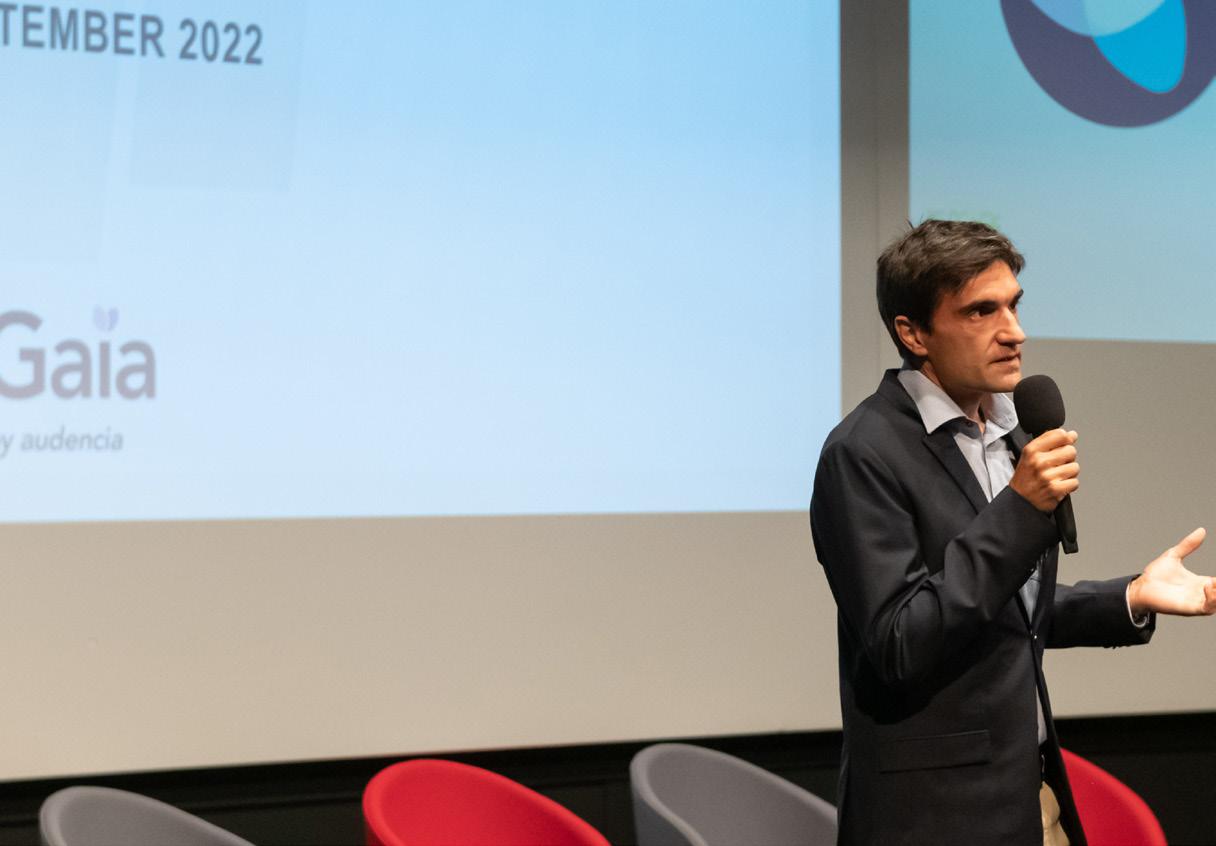
Why Corporate Social Responsibility (CSR) matters in today’s society more than ever. How global organizations should contribute towards CSR activities. We live in a complex world and face challenges which will define the future generations - and some may even say, the
survival of our species. Climate change, social injustice, poverty, and war are all rife. Corporations have a strong influence on how our world changes and society progresses. While businesses are often portrayed as solely focussed on profit and as the cause of many of our current problems, they can also be a force for good, making a difference and enacting positive change. And that’s precisely what Corporate Social Responsibility (CSR) allows companies to do. CSR activities can
take many forms: from reducing carbon footprint, participating in fair trade, ensuring better diversity, parity and inclusion in the organisation, to charitable giving or socially and environmentally conscious investing, among other things. CSR, activism and responsibility are all becoming nonnegotiable for customers, shareholders as well as company professionals, especially the younger ones entering the job market, and companies who take all this seriously will be better able to retain talent. A lot of professionals are now looking for jobs with meaning and wanting to be part of a company which is engaged in positive change. They also want work-life balance and parity.
What is the purpose of teaching energy transition and climate change issues in business schools? How will it help shape the future?
The teaching of energy transition and climate change topics is of paramount importance in business schools. We are basically training the managers of the immediate future who will be shortly facing the above-mentioned global challenges whilst running a business and employing staff. These topics are not new at Audencia.
Audencia is a pioneering school in the field of Corporate Social Responsibility and has strong commitments in the field of sustainable development. It was the first French business school to sign the Global Compact in 2004. This UN initiative brings together companies around ten universal principles relating to human rights, labour standards and labour and environment law. In 2007, Audencia
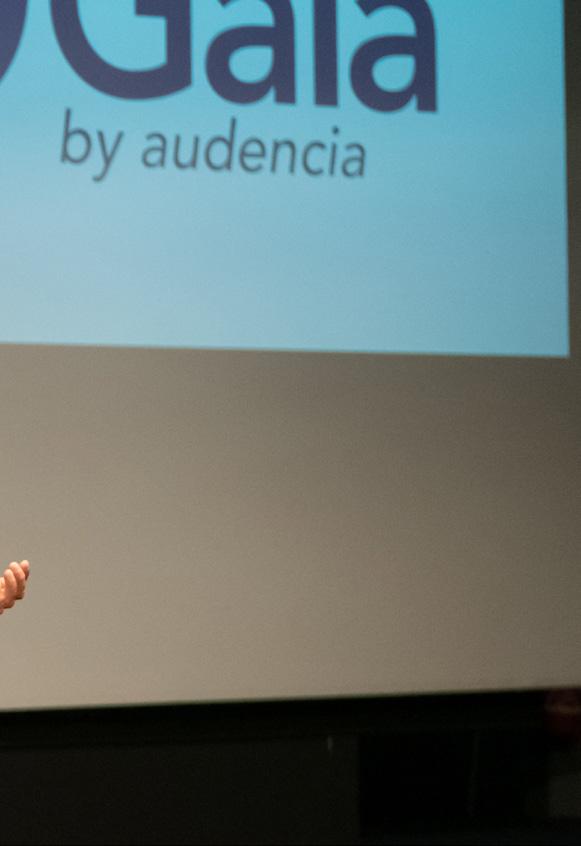
helped define the United Nations Principles for Responsible Management Education (PRME). This video explains the school’s strategy to meet the UN SDGs. And a few years ago, Audencia also became a “PRME champion”, a circle of the most engaged business schools in the world.
In 2019 Audencia launched its MSc Actor for the Energy Transition . This course, which is taught in both English and French, was developed in partnership with Centrale Nantes, ENSA Nantes and École
de Design Nantes Atlantique, as well leading organisations such as the WWF. Its aim is to help students develop the skills needed to move into professions supporting energy transition and social justice. The teaching is organised around innovative and cross-disciplinary projects carried out with companies, NGOs and state bodies. After completing this course, a lot of alumni change career; for instance, we have people who used to work for leading global energy companies who now have moved into the renewable energy sector.
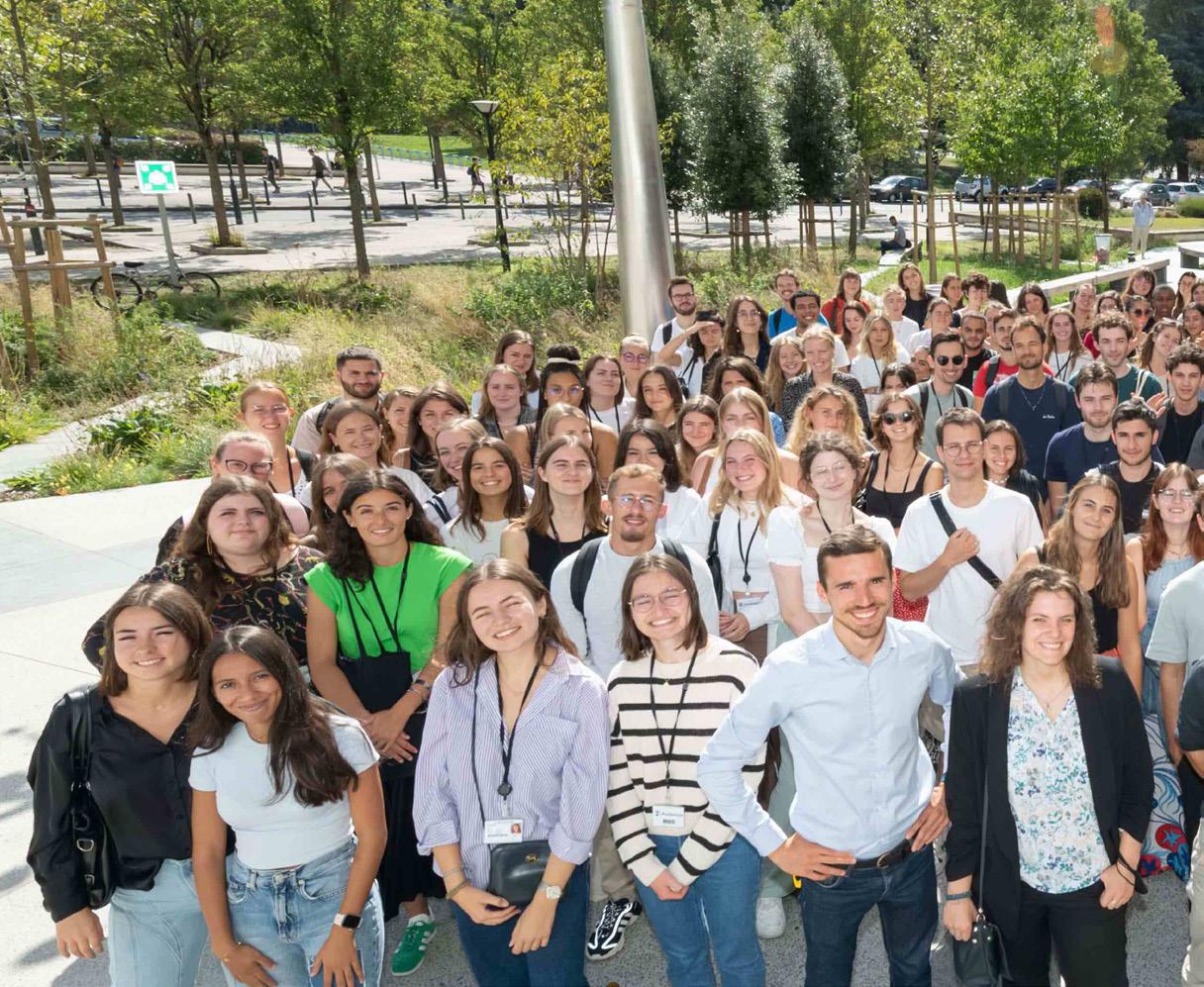
Can you please brief us about the mission and vision of Gaïa— the first such school launched by a business school (Audencia) dedicated to training in positive impact management strategies and practices, in line with the major challenges of ecological and social transition.
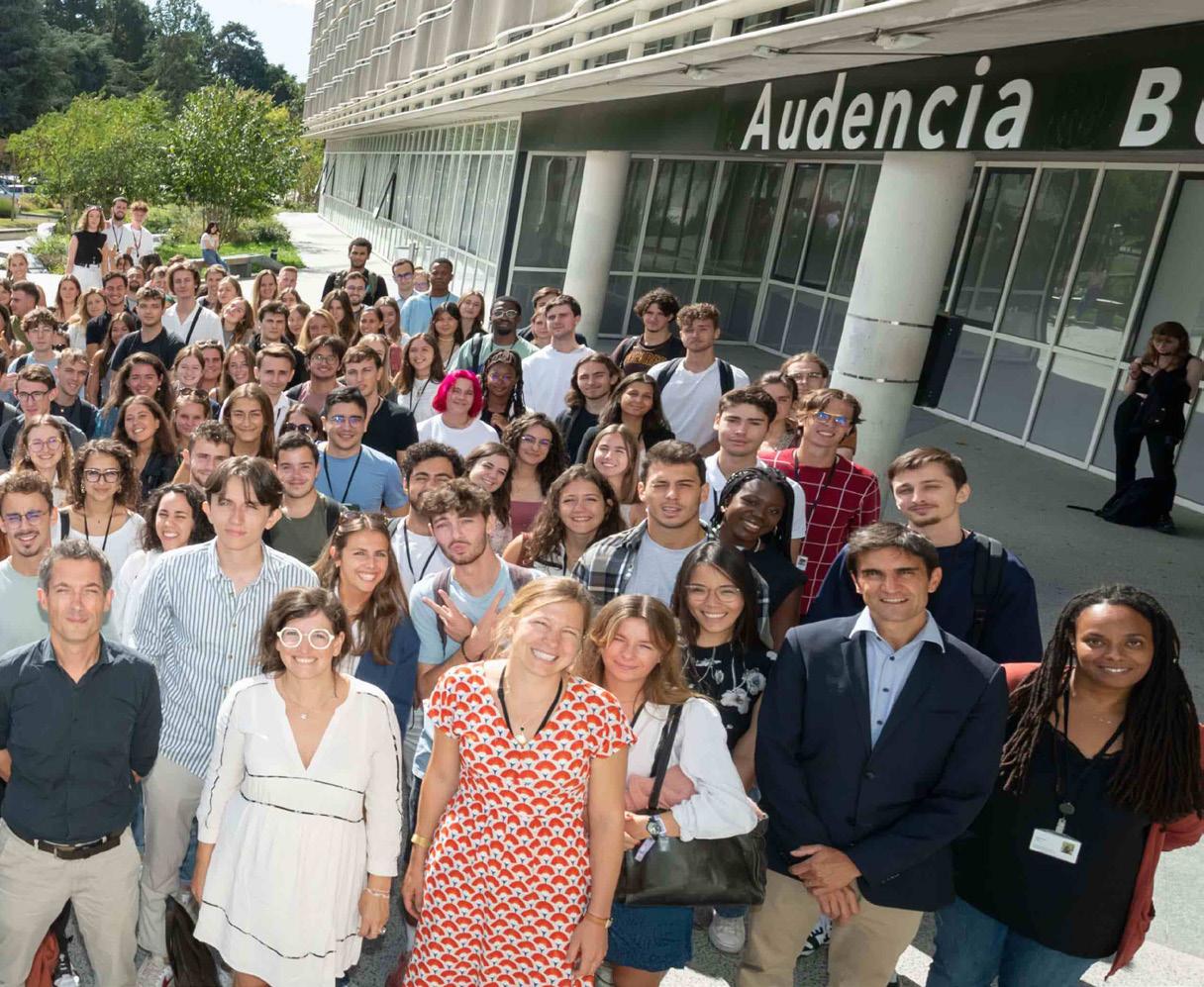
The devastating consequences of global warming, the collapse of biodiversity and the widening of inequalities (to name a few) call for accelerated and radical action. This is the
role of Gaïa, the first School of ecological and social transition backed by a Business School. The Gaïa programme, dedicated to the management of ecological and social transition, provides students with key skills needed to integrate societal and environmental issues into their future careers in finance, marketing, consulting, supply chain, and HR. Gaïa students learn to develop a culture of impact by combining knowledge from management, environmental sciences, humanities, and technology.
But Gaïa is not just a program for Audencia students. The school caters to a much wider audience. Audencia employees, companies and many of its stakeholders already benefit from Gaïa’s expertise. The specific aim of Gaïa is to allow those students most motivated by transition subjects to go faster and further, to experiment and ultimately to offer them a truly transformative experience. Audencia does not aim to train only managers of ecological and social transition. Other professions, with strong technical expertise, remain essential to the implementation of a successful ecological and social transition. To give you an example, Audencia trains highly technical financial experts, capable of integrating environmental and social issues into management tools. At Gaïa, we train ecological and social transition managers with a solid background in finance, making it possible to enact the necessary changes in this sector. Both expertises are complementary. This kind of synergy already
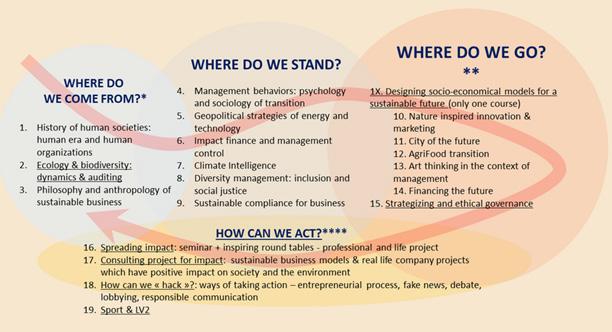
The teaching of energy transition and climate change topics is of paramount importance in business schools
exists in certain disciplines. For example, today’s biology research needs not only biologists, but also computer scientists with knowledge of biology to produce more relevant results. It is this kind of synergy between technical experts who understand Gaïa topics and managers of ecological and social transition that we seek to develop.
What are the current courses offered by the school? Is there a special entrepreneurial hub set-up at Gaïa’s campus? Please tell us about the programs initiated by this centre.
There are plenty of amazing courses offered at Gaïa. The Master 1 Gaïa semester programme, which is aligned with the United Nations Sustainable Development Goals and the Paris Agreement on Climate Change, is taught in English by permanent Audencia professors and professionals who are all leading experts in environmental and social issues and their management. The programme is composed of ten courses of 24 hours each. Courses include Human era and human organizations, Philosophy and Anthropology of Sustainable Business, Psychology and Sociology of Transition, Climate Intelligence, Diversity Management and Sustainable Compliance for Business, among others (full list below).
We have also developed four executive education modules for companies. These four modules are a gateway to understanding the need to transform an organization in order to adapt to the major changes to come. These executive programs have been a great success with managers and business leaders. For Audencia employees, we also offer ecological and social training throughout the year.
You teach the challenges of ecological and social transition, and more particularly the carbon assessment. What sparked your interest towards the subject?
The answer is simple: in the years to come, ecological and social transition will be everywhere, in every school, in every business, in every mindset. The stakes are so high that no human activity will be exempt from having to take into account global warming and sustainability. From a business perspective, engaging on this purpose well ahead of others obviously gives a competitive advantage. But we prefer to take the view that all stakeholders should embark as soon as possible on this path, creating a virtuous circle. That is the reason why Gaïa offers a lot of free content and opportunities to collaborate with external institutions. We want to create a network of different protagonists, from the private sector to NGOs and scientists.
Our world is based on competition, for everything from access to natural resources and energy access. While competition is a powerful tool to maximize results, we think that cooperation is an even more powerful tool, as it offers the ability to optimize. We need to optimize the use of natural resources, to think collectively about mobility, housing, infrastructure and of course food security. Focussing solely on competition and maximization often leads to short-term and unsustainable results. Think of fishing. Today, most fishermen work in competition, and as every year fish stocks are diminishing the competition becomes ever stronger. This is creating a disastrous downwards spiral: fishermen get ever poorer, the seas ever emptier of fish, and consumers suffer from higher prices and lower availability. On the Western coast of France in 2011, quotas were
agreed in cooperation with scientists, so that fish stock were able to be preserved and regenerated. Fishermen realised that it was in their own selfinterest to cooperate with each other and to respect the quotas. This led to spectacular results: after decades of depletion, today stocks of fishes are rising again at an impressive rate. This is what we call optimization versus maximization, collaboration versus competition. Herein lies our best interests.
In your current role, what type of challenges do you face? How do you tackle them?
There are many challenges. First, many people fear change. When you are a pioneer, you often create new pathways that hustle routine, that breaks the “business as usual” ideas. Second, we are very careful about greenwashing strategies. Being associated with Gaïa might be perceived as a good way for “dirty” businesses to “greenify” their image. Of course, every business, even considered as “dirty” is welcome to go “back to school” and to learn from our expertise. But by no means Gaïa is a vector for advertising a business activity. We handle these challenges by sticking to our roots: we are a school entirely dedicated to social and ecological transition topics. We keep it simple!
We are gathering a team of academics and field-oriented researchers from different institutions and backgrounds. We collect data worldwide to answer the following question: What are the ingredients or conditions that would allow for a sea-change in attitudes that would lead to a virtuous circle? We have started by interviewing people who are recognized for their positive impact on society in many countries and in collaboration with different institutions. We expect to have the first results in 2023.
As the Head of Gaïa, what is your vision for the school for the next 5 years?
Within 5 years, ecological and social topics will be at the heart of all the leading business in the world, and we anticipate by then we will have ex-students becoming leaders in transitions.
I see Gaïa as very influential school - not because it is big, but because it is widely connected to other institutions, and well respected for its expertise. We will have programs dedicated to transition in every sector: industry, services, mobility, agriculture, urbanization and so on. There is a place for ecological and social transitions in every space of our modern societies. Let’s get on with it!
We need to optimize the use of natural resources, to think collectively about mobility, housing, infrastructure and of course food security

Website:
https://www.cesarritzcolleges.edu/en/
Location: Montreux, Switzerland
Admission:
https://www.cesarritzcolleges.edu/en/applycesar-ritz-colleges/
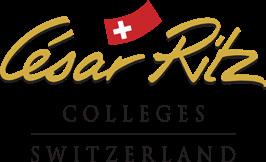
Website:
https://www.cut.ac.cy/
Location: Limassol, Cyprus
Admission:
https://www.cut.ac.cy/studies/ admissions/
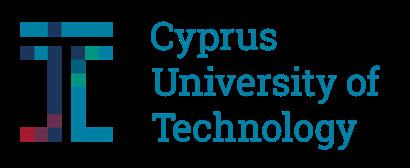

Website: Location: Barcelona, Spain
Admission:
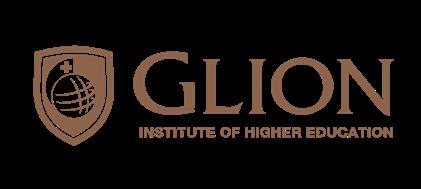
Website: Location: Montreux, Switzerland
https://www.eada.edu/en https://www.glion.edu/ https://www.ius.edu.ba/en
Admission:
Website: Location: Paris, France
Admission:
https://www.esmod.com/en/ https://www.esmod.com/en/admissions/
https://www.eada.edu/en/ organization/contact https://www.glion.edu/apply-to-glion/ https://apply.ius.edu.ba/
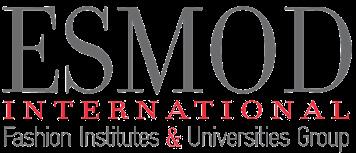
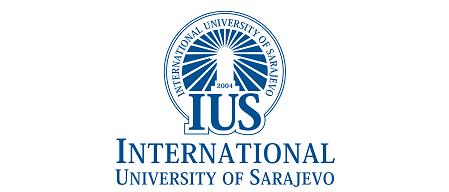
Website: Location: Sarajevo, Bosnia and Herzegovina
Admission:
Website: Location: Paris, France
Admission:
https://www.lisaa.com/en/enrollmentrequirement
Website: Location: Nicosia, Cyprus
https://www.lisaa.com/ https://www.ucy.ac.cy/
Admission:
https://www.ucy.ac.cy/internationalsupport/

Website: Location: Toulouse, France
https://www.tbs-education.com/
Admission:
https://apply.tbs-education.com/Public/ ListSession.aspx

https://urfu.ru/en/
Website: Location: Yekaterinburg, Russia
Admission:
https://urfu.ru/en/admission/
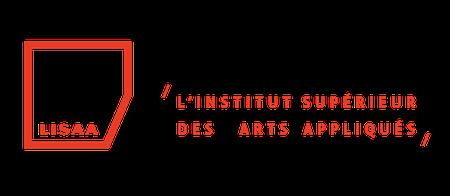
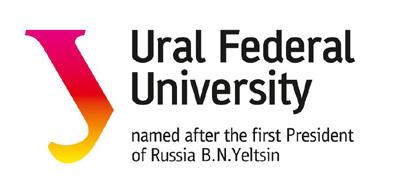
Today’s learners and faculty have high expectations, requiring an integrated and exible learning experience that operates seamlessly and intuitively. By partnering with Blackboard, you can enhance your institution’s brand by providing students and faculty with a holistic and integrated modern learning ecosystem.
Blackboard brings together the technologies and services you need to lead your institution through this digital transformation.
To learn more, visit blackboard.com

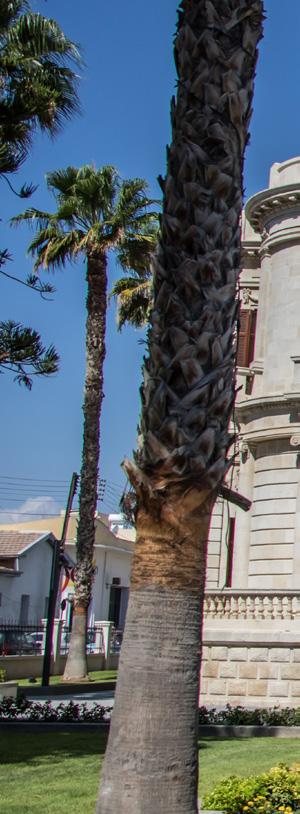
Cyprus - Europe’s sunniest island and an ideal place for year-round vacations - spend more than 7% of its GDP on education, the third-highest share in the European Union after Denmark and Sweden. No wonder the number of international students in Cyprus has been increasing at a steady rate. Among the prominent universities that attract international students is Cyprus University of Technology (CUT), a dynamic University with seven faculties and 15 academic Departments. CUT offers education and high-level research in primary science and applied technology branches at both the Undergraduate and Postgraduate (MA, MSc, PhD.) levels. It is based in Limassol, where six of its faculties are currently located. Their newly established faculty will be located in Paphos.
In less than 14 years of operation, the CUT has occupied high positions in three of the most well-known international ranking lists: Times Higher Education, QS and Shanghai.
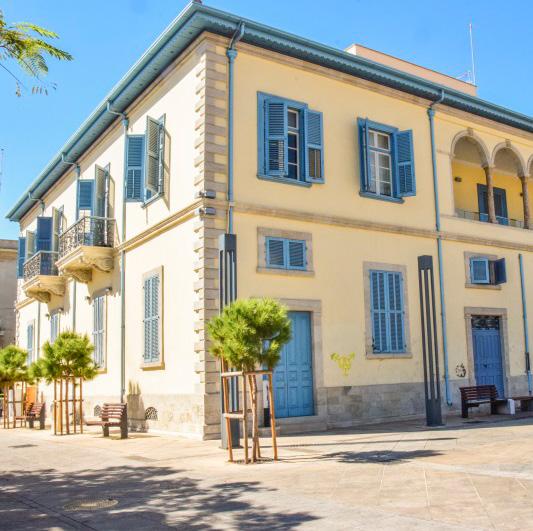
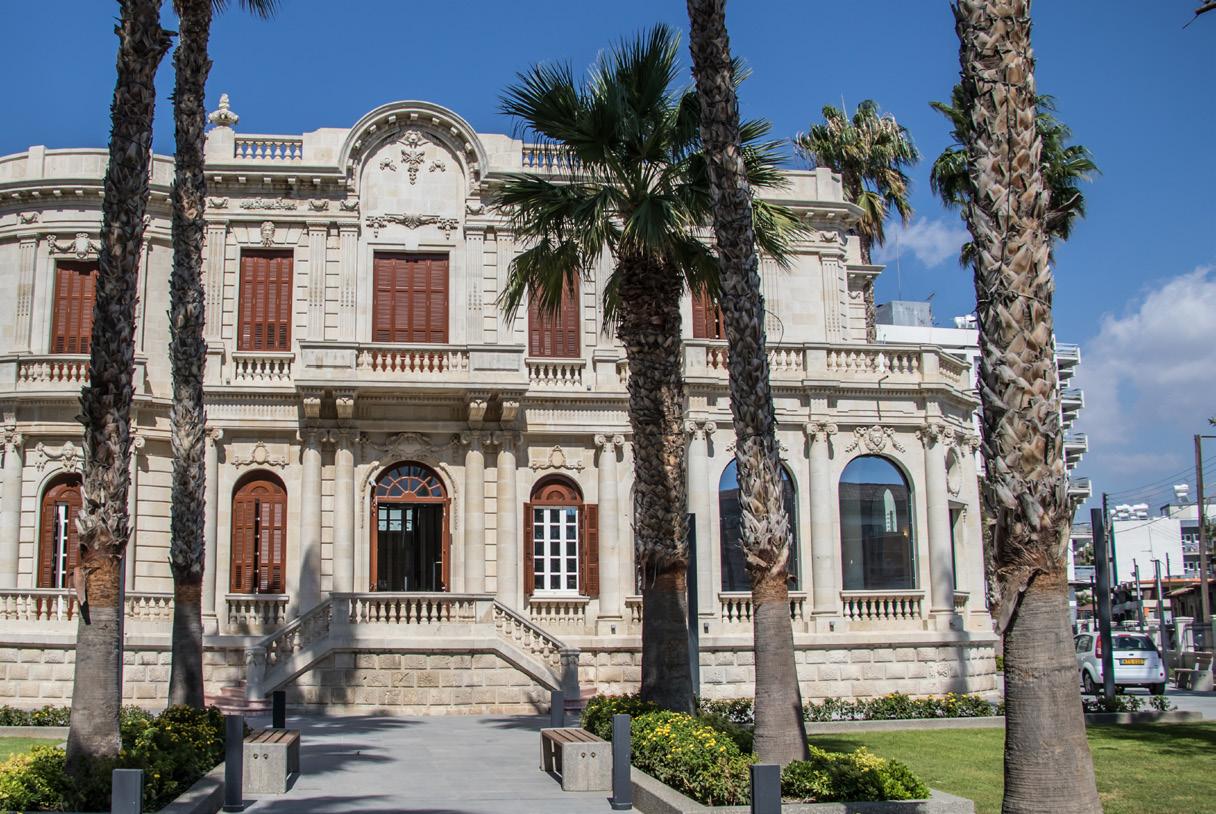
CUT was ranked in the top 350 universities in THE Rankings in 2019, 2020, 2021, while ranked 1st among all Greek speaking universities in Cyprus and Greece. Some of its major ranking include:
• #54th in the Times Higher Education (THE) Young University Rankings 2021
• #501-600th in THE World University Rankings 2022
• #301-400th in THE Impact University Rankings 2021
• #89th in THE Emerging University Rankings 2022
• #102 in the QS World University Rankings - Emerging Europe and Central Asia (EECA) 2022
In the “Nursing” field, CUT is ranked #76-100 among the 300 best universities internationally, and first in Cyprus and Greece. In the “Hospitality & Tourism Management” field, CUT is ranked for the first time in positions #101-150 among the top 300
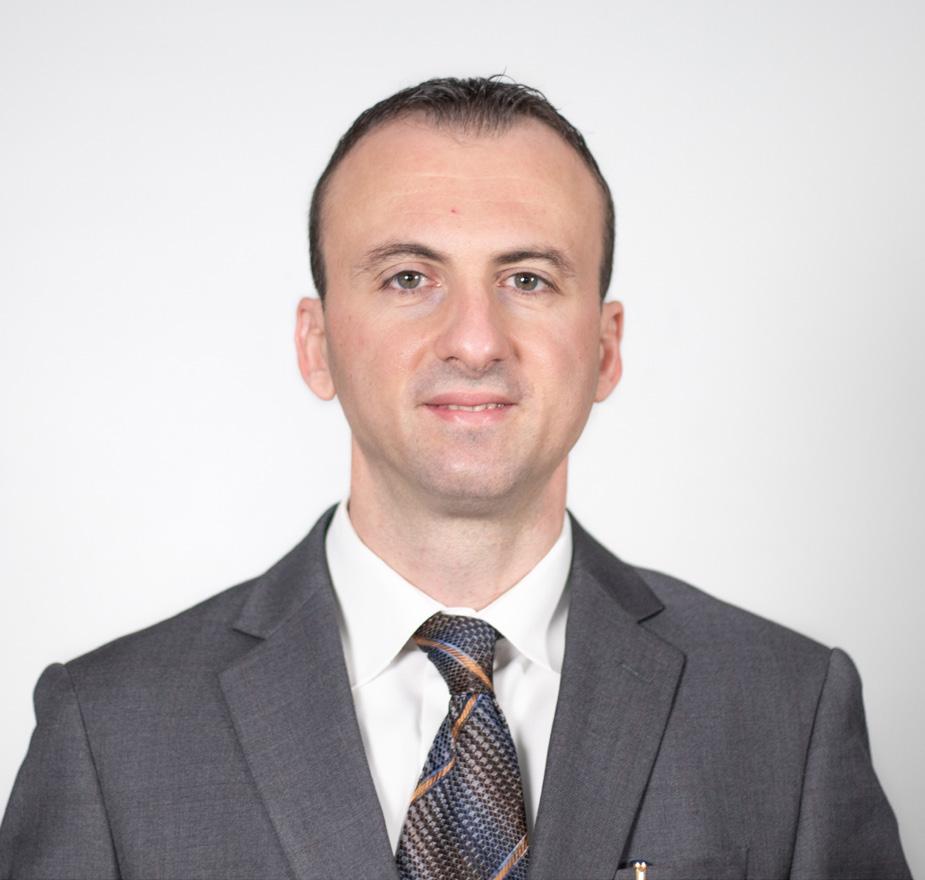
CUT is constantly committed to promoting research excellence, and is internationally distinguished in this area, providing a total of 40 million Euros of external funding for 227 research programmes.
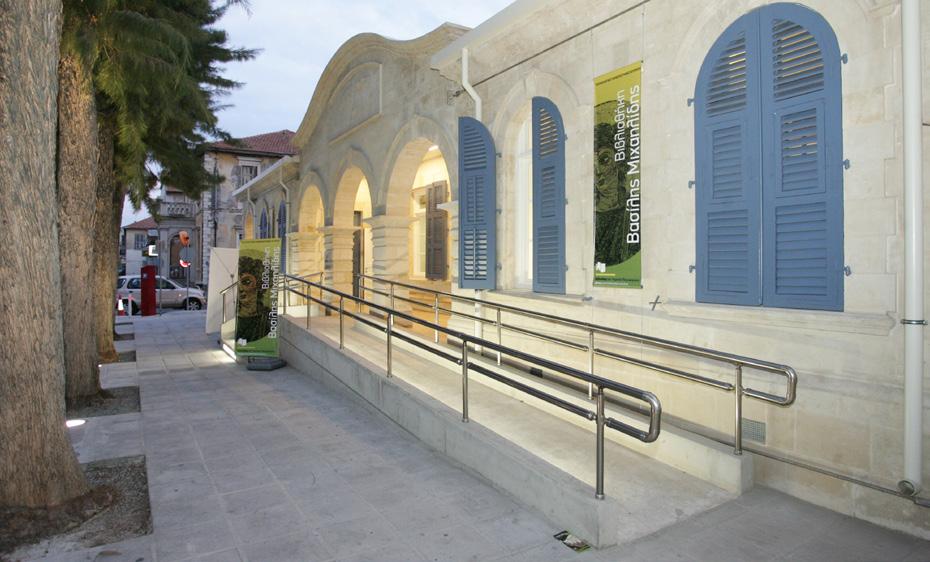
universities worldwide. Additionally, the university is ranked 2nd in the New Europe Rankings, indicating the strong commitment of all its personnel toward excellence. With that, 24 academic members of CUT are recently included in the list of the top scientists worldwide for 2021.
Dr. Marinos Voukis, Director of Communication, Marketing, and International Relations Services of the CUT, says, “Our vision is to become a modern and innovative university with international recognition which promotes excellence in education and research in cutting-edge fields, aiming at the scientific, technological, economic social, and cultural upgrading of their country.” The University’s mission is to provide high-quality, scientific, technological, and professional education, promote lifelong learning with modern pedagogical methods and provide scientific knowledge through high-quality research, teaching, and contribution toward addressing challenges in the fields of Science and Technology.
CUT aims to become a catalyst for the state and society and contribute to society, social cohesion, culture, local development, and the economy. In particular, the mission focuses on creating added value through actions on the three axes, Education, Research, Innovation and Transfer of Know-how, and Social contribution.
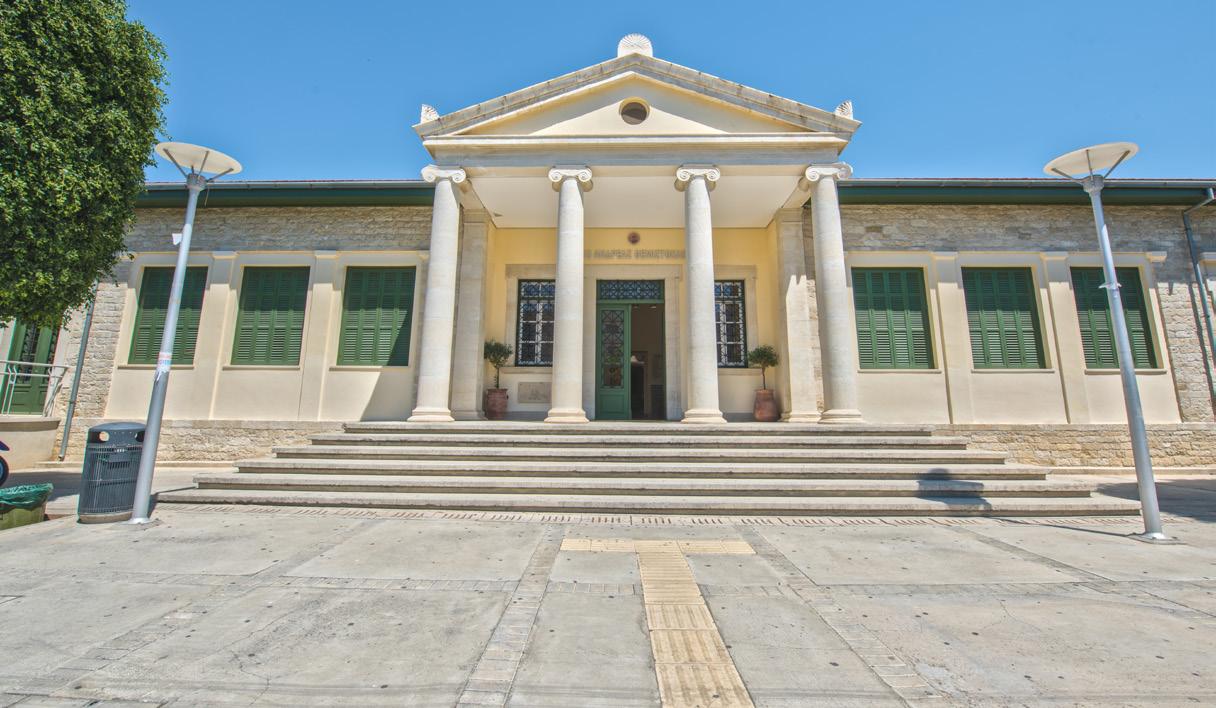
CUT has 406 international students among its 3146 active students. Dr. Voukis says, “The University offers tuition fee scholarships to students with a record high academic excellence. This helps with the cost of studying in Cyprus, making our programs of study more attractive. Additionally, as the cost of living in Cyprus is much lower than in most of the EU countries, combined with the high quality and recognition that our studies programs are known for, our university is a competitive option for a student to pursue his/her studies.”
The University offers quality-assured programs of studies that combine theoretical and hands-on
CUT develops actions with a positive impact on the wider society through cultivating a social consciousness culture in sectors of social interest (environmental, humanitarian activities, sports, health).
experience in each program of studies. The students experience the unique location of the Island, situated in the Mediterranean Sea, that’s why Cyprus is a gateway to Europe for non-EU citizens.
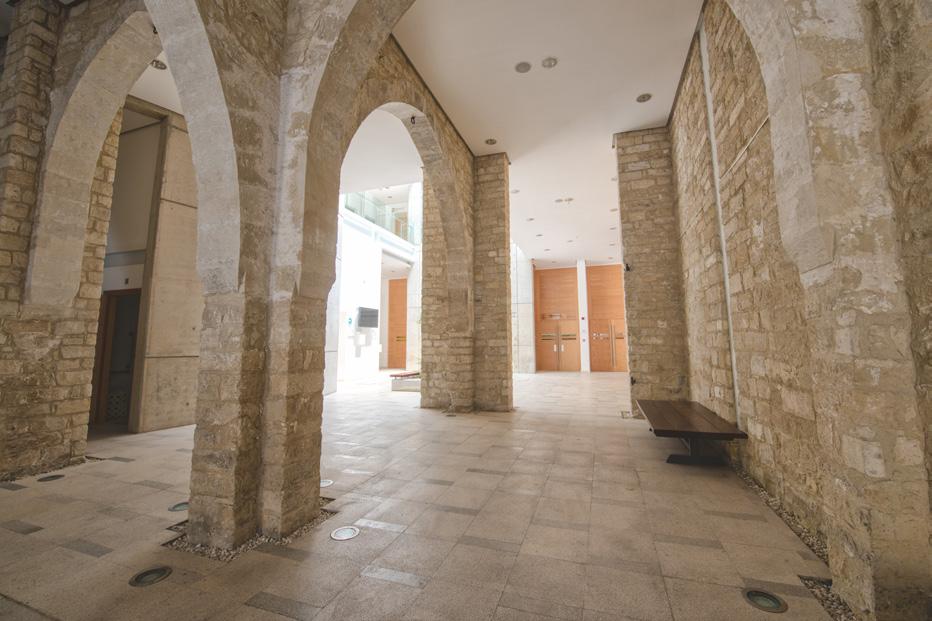
At the university, there is a large Greek community and many students originating from Africa. These groups chose to study at the CUT because of a scholarship program in place, because of the language used to deliver our programs of studies (for most of them is Greek), and the similarity in the way of living and ties between Cyprus and Greece. Additionally, the University has state-of-the-art laboratories and laboratory equipment. Also, there are three main programs of study that international students tend to choose: the undergraduate nursing program and the master’s in public health and Interaction design.
Dr. Voukis says, “Foreign nationals can apply for a position if they are graduates of Secondary School, recognized and approved by the according authorities of their country. They
should have a good knowledge of the language in which the program of their choice is taught. It should be noted that all degree programs (Bachelor’s) are offered in the Greek language. And lastly, they should have citizenship other than Cypriot or Greek.”
Applicants can apply based on their international exam results or take part in written and/or oral exams organized by the University. Please keep in mind that currently, for practical reasons, the University assesses applications based only on the results of international exams.
The entrance courses and grades for the Bachelor programs should be according to international examinations (for GCEs or International & European Baccalaureate).
CUT students are represented in all governing bodies and therefore participate in the decisionmaking process and are actively involved in the organization, operation, and development
of the University. Dr. Voukis says, “The Unique projects that all our students need to undertake during their studies, but also the interdisciplinary programs of studies that we offer, sparks the creativity and innovation in our students.”
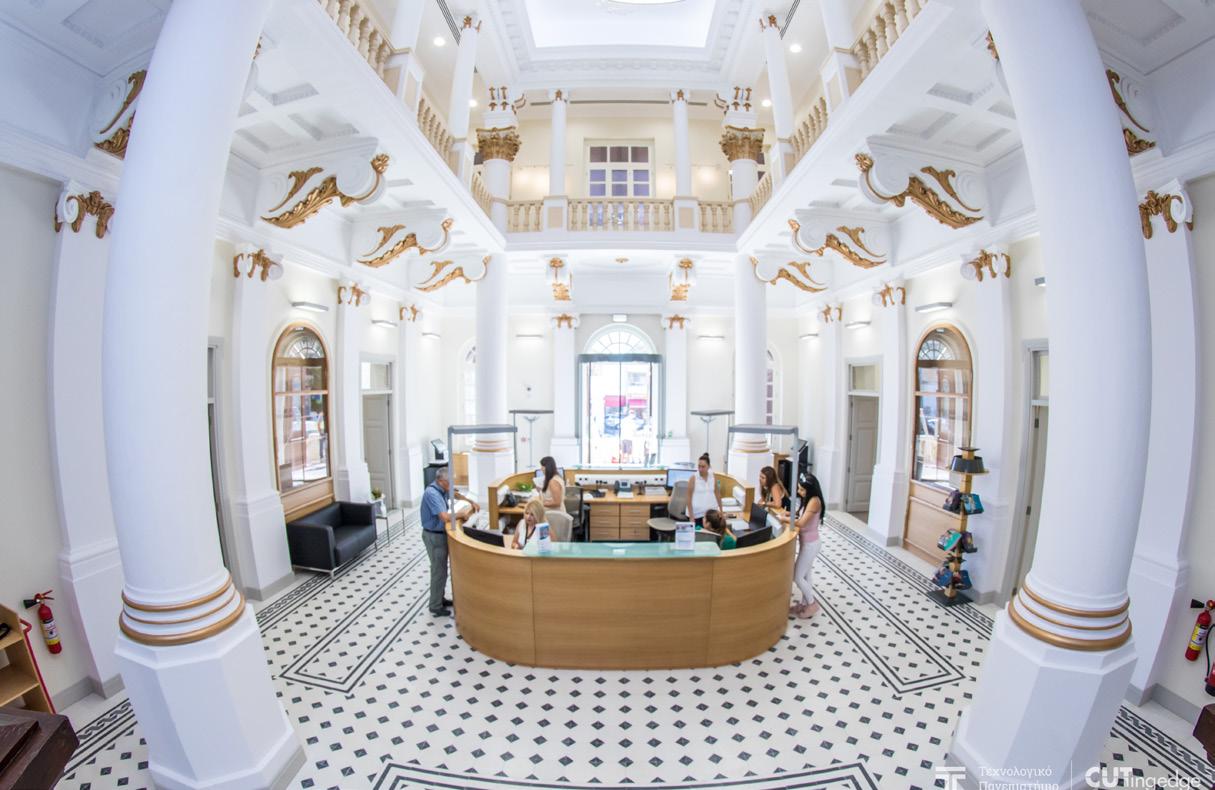
“There are student clubs at the University (i.e., music club, theatre club, dancing club, Journalism club) that cover a wide range of interests in culture, arts, music, dance, sports, and entertainment. The ability of students engagement in extra-university interests offers rich experiences and unforgettable memories.
The sporting activities and wellness program is addressed to students and every member of the CUT community,” adds Dr. Voukis.
Changes in international student mobility after COVID-19 CUT was very prompted in adjusting its learning methods during the pandemic as it quickly switched to distance learning and examination methods when COVID19 struck the island. Dr. Voukis says, “Currently at the University, international students make up 13% of the total number of active students
The CUT is the only public university in Cyprus and the wider pan-hellenic area that holds the International Human Resources Management and Development Certification - Investors In People (Silver), which recognizes the best human resources management practices applied to the organization.
CUT is a founder partner of 2 Centers of Excellence (“Teaming for Excellence”), Excelsior and Cyens. They have 4 Research Centers Heraclitus, Eratosthenes, Cancer Research Centre, and Social Computing Research Centre.
(406 international students out of the 3146 active students), with more than half of those originating from Greece, our second biggest market.”
“Also, the University offers two Englishtaught programs of studies, one of which is via distance learning. There are several Englishtaught postgraduate programs of studies that are under development, though. Therefore, we expect our non-Cypriot students to increase significantly over the next few years,” he adds.
After the pandemic, CUT is in the process of merging with another 7 Universities from across the EU, creating the European University of Technology and, through the generated synergies, creating a large number of additional programs of studies, increasing mobility opportunities for its students, scholarship and job offerings and climbing even higher at the University Rankings.
The Cyprus University of Technology Laboratories constitutes a key role in the production of innovative basic and applied research to enhance and exploit scientific knowledge for the development of a highly qualified academic environment and for synergy creation between academia and the business world. Each Laboratory supports the research and teaching priorities of each Department at the University while contributing towards providing a variety of specialized services to profit and nonprofit organizations through lab testing and new technology exploitation.
The major areas in which the University’s laboratory research possesses competitive knowhow include, but are not limited to, fields such as Robotics and Computational Intelligence, Telemedicine, Virtual Reality, Computer Graphics, Environmental Biochemistry, and Biotechnology, Food Science and Technology, Materials and Fluids Engineering, Geoinformatics and Satellite Remote Sensing, Nanotechnology, Epidemiology and Speech and Language Therapy. Dr. Voukis concludes, “CUT research and academic staff are involved in various Research Activities and National and European Research Programmes. CUT research and academic staff are involved in more than 250 Projects with a total funding/contribution of over 75 m euros.”
Dr. Hamzeh Awad, Ph.D., FHEA, Academician and researcher in Health Science and Health Information Technology, UAE & Ms. Juana Elbakhit, BSc, MSc candidate, IU of Applied Science, Germany
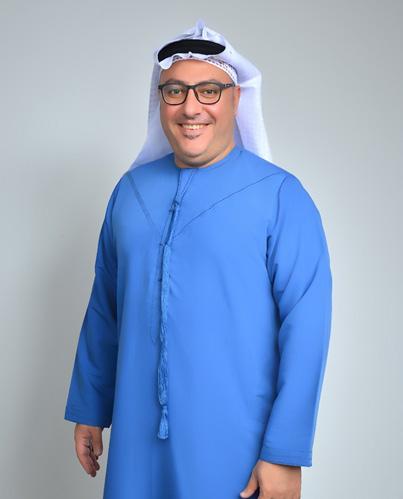

The capacity of technological education to widen networks and improve collaboration with other educators locally and globally has led to its adoption by the majority of educational institutions
EdTech, when computer hardware and/or software are incorporated into the educational sector to facilitate learning, is known as e-learning or EdTech. This is a broad concept that includes everything from language learning apps for smartphones to Zoom classes. This might be referring to tangible objects like interactive whiteboards, laptops, tablets, or translation tools. It might also be used to describe online learning platforms or virtual reality applications. Edtech aims to encourage and support simpler teaching and learning.
Technology advancement has led to astronomical expansion in the education sector. Innovation has improved educational technology, a branch of research that focuses on analyzing, designing, and developing fresh approaches, putting them into practice, and gauging how productive the learning environment is. Additionally, it involves
determining if the learners, processes, and learning materials are in the greatest possible shape to support desired outcomes. The capacity of technological education to widen networks and improve collaboration with other educators locally and globally has led to its adoption by the majority of educational institutions. Engaging students and providing quality services have been made easier by integrating new technologies into the classroom. Hundreds of millions of children and people throughout the world could benefit from improved learning outcomes because of education technology.
Current and Future EdTech trends:
1.Augmented reality and virtual reality: exciting learning opportunities are provided by augmented reality (AR) and virtual reality (VR). Students can utilize VR and AR to
Academician and researcher in Health Science and Health Information Technology. Dr. Awad completed his higher education in UK and Germany. With several years of experience in the Healthcare industry, academic institutions in GCC as well as higher education consultations. He has several publications in ISI journals, Book, and keynotes guest speaker at several international conferences. He is a member and fellow of the higher education academy, UK (HEA), a certified higher education technology expert by Blackboard, USA, and has several international collaborations with different research groups in Health Science Education Technology, Rehabilitation, Public Health Informatics, Health Management, and Digital Health.
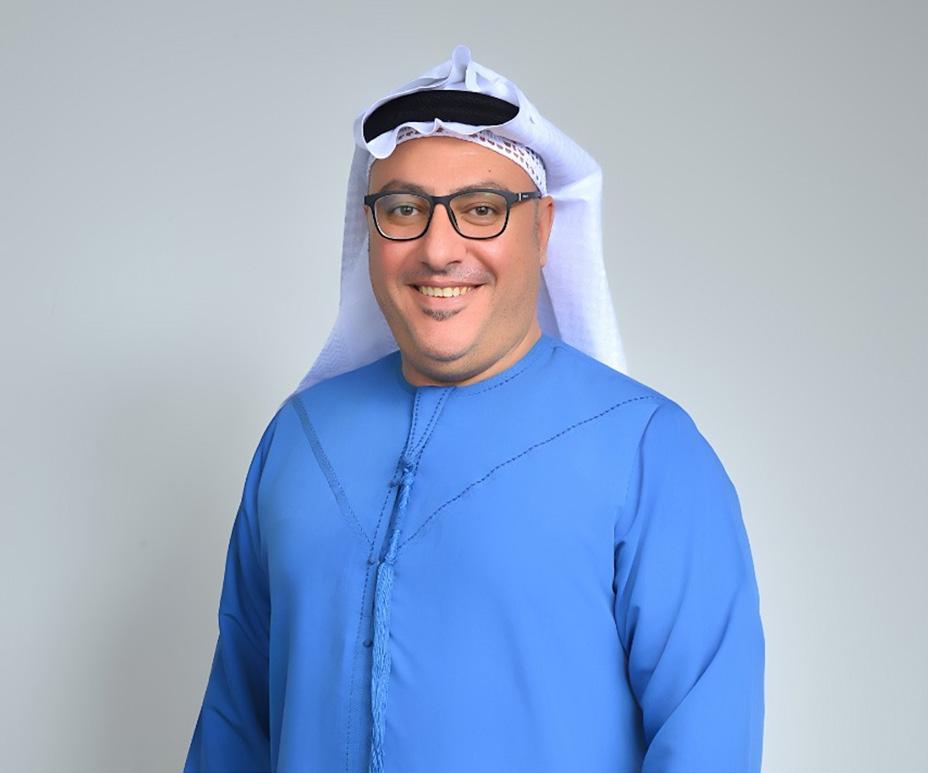
Ms. Elbakhit is a Software engineer with years of experience in software tools uses in education as well as IT applications toward disease prevention with an emphasis on using AI and Machine learning algorithms toward prevention. Ms. Elbakhit is a master’s candidate at the International University of Applied Science, Germany.
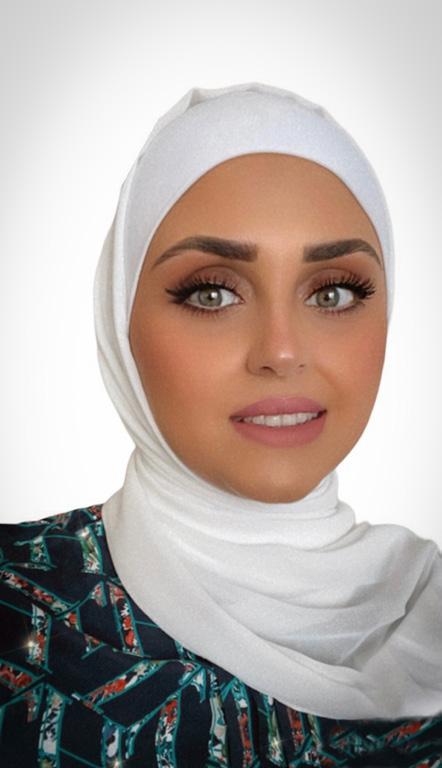
experience ideas in 3D rather than merely reading about them or viewing videos about them.
2. Education Gamification: A Crucial EdTech Trend for Online Learning: Playing video games while learning has always been a fun experience. But one of the most recent EdTech trends is the gamification of education. The global market for game-based learning is predicted to expand and reach higher demand. Developers create video games and other fun and interactive methods of immersive learning using educational technologies. To make learning fun and engaging for kids, plots and storylines are devised. Gamification of education increases student experiences while transforming the setting of conventional education. Gamification inspires and stimulates students to pursue concentrated self-paced learning when they spend a lot of time using smart gadgets that are connected to the internet. Geographies including North America, Europe, and APAC are anticipated to stimulate significant demand for the gamification of education in the upcoming years.
3.
Experiences: Artificial intelligence, or AI, is the technology that best utilizes developing technologies. When there is a constant flow of data in the digital age, artificial intelligence technology uses computational methods, analytics, automation, and algorithms to produce useful insights from end-to-end data. ML (Machine Learning), analytics, big data, and other tools are used to provide better
earnings, supported by pure intelligence. Performance-based grouping and intelligent instructional systems are made possible with AI. It analyzes student demand, gains insight from their actions, and changes to meet their needs to provide highly customized learning experiences. The use of AI in education is drawing significant attention and is now being researched globally.
4. Blockchain: Blockchain technology is being aggressively applied in the field of educational technology. This technology, which is most often linked to Bitcoin, enables secure, decentralized data sharing. The use of blockchain technology has many advantages for both institutions and students. Students can safely store their diplomas and certificates, access them whenever necessary, and have them confirmed. Blockchain also assists organizations with document and record security while streamlining admissions and transfer verification processes. Similar to how it has transformed many other industries, blockchain will be essential to the EdTech revolution and is expected to take a major part in Education.
5. Big Data: we are all aware that "Data is the new oil" in the world of big data. However, data is currently expanding. Larger, more complicated data sets that are too numerous to be processed by conventional data processing technologies are known as big data. These enormous amounts of data can be applied to address issues and concerns. Institutions can use big data to help them spot trends and patterns that point to the most useful parts of their courses and programs.
Additionally, data analytics are already being applied to find out which kids can benefit from extra help as well as strategies to raise student involvement and engagement.
6. The Metaverse as a future trend in higher education: The new virtual world heavily announced by shifting “Facebook” to “Meta” is getting significant hype from various perspectives, including education. However, educational experts are still split about the future of the metaverse whether it will be heavily involved or selected for certain programs or applications. Indeed, higher education experts, asking how the metaverse will evolve, and to what extent the technological and societal dimensions will align or clash.
All in all, rapid Innovation and sustained Education System Transformation Require EdTech, The COVID-19 outbreak pushed the need for universal digital transformation, even though many educational institutions had considered it before the pandemic. Classes were suspended, schools and universities were closed, and social isolation and distancing tactics were used. The providers of educational services thus began their search to investigate strategies for maintaining educational continuity while confronted with a barrage of COVID-19-led problems at various endpoints. Post-pandemic one may conclude that educational institutions around the world are more aware of the value of EdTech solutions, they are eager to use education software development services to blend the correct technology into their curriculum, improve their digital skills, and achieve sustainable change.

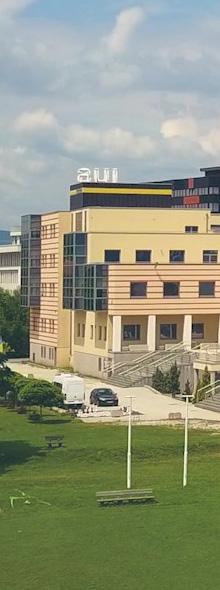
Sarajevo, the capital of mountain-rugged Bosnia and Herzegovina, is a melting pot of communities from different cultural, ethnic, and religious backgrounds. This charming city connects the past and the modern and acts as a bridge between the East and the West. Today, Sarajevo is attracting international attention for its excellent higher education opportunities. Among the prominent universities in the city is the International University of Sarajevo (IUS), which was established in the academic 2004/2005 year by the Foundation for Education Development Sarajevo.
“The institution’s main purpose is to provide and promote university education and enable self-development and self-improvement through various courses, activities, and research. This is an organization of multicultural understanding, unity, and intellectual growth that seeks long-term regional and global cooperation,” says Amela Kavaz, Recruitment and Admission Coordinator, IUS.
International University of Sarajevo (IUS) was established in 2003, and it is one of the largest educational projects in the Balkan region.

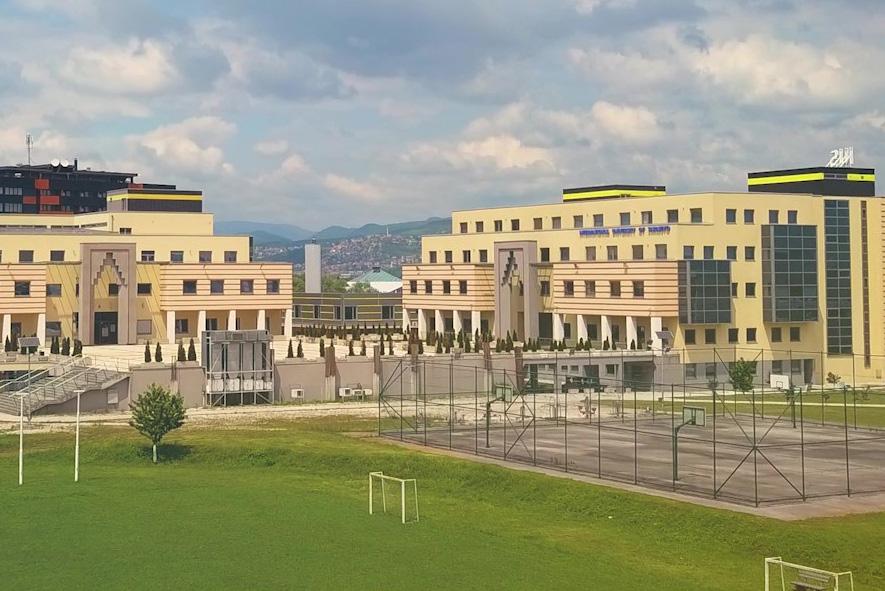
The university has achieved all this by enriching students’ academic experiences. It bestows innovative programs, academic and administrative excellence, strategic partnerships with regional and local industries, and purposeful research to promote regional and global well-being.
The university engages members from more than 12 different countries, so they are quite an international institution. “We have a diverse and
experienced team of faculty members. Some of them rank among the 2% of scientists in the world with the highest impact of citations throughout their careers. Besides, the gender structure of our academic staff is very balanced - 37 Female and 41 Male – full-timers, according to the HR report from November 2022. We also emphasize that all our faculty members are highly proficient in English,” Amela explains.
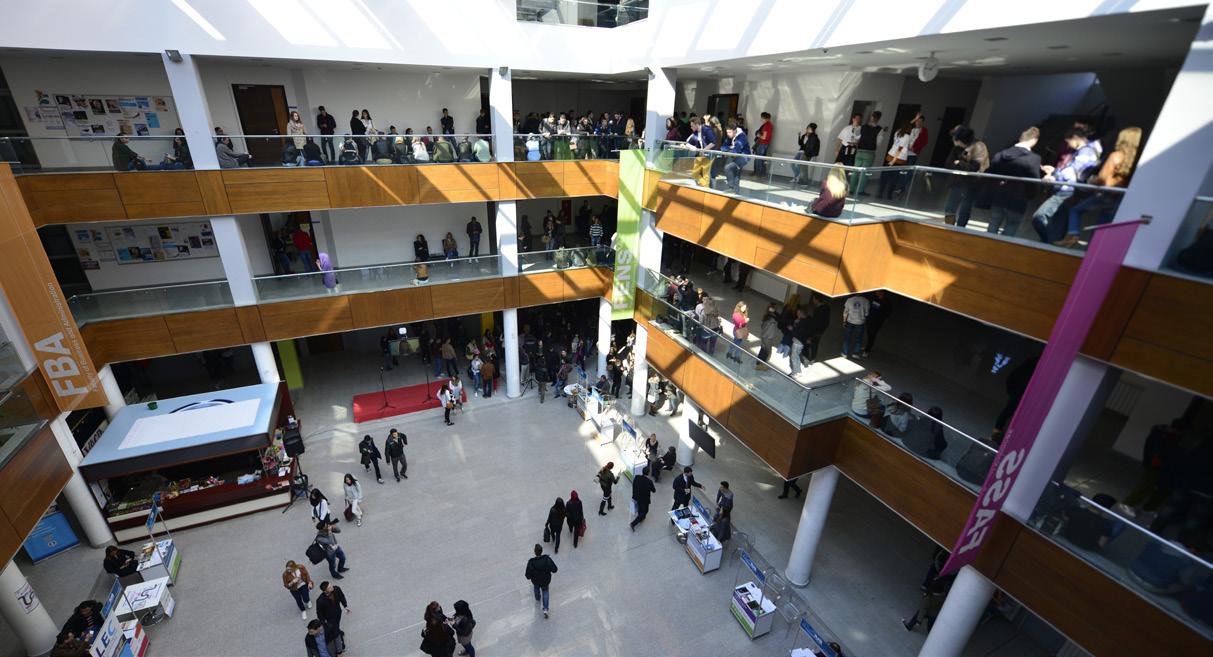
International University of Sarajevo (IUS) has around 2000 students studying in all 3 cycles of studies, coming from all continents and more than 45 countries of the world.
IUS offers students diverse academic programs in Engineering and Natural Sciences, Arts and Social Sciences, Business and Administration, Law, and Education.Amela says, “The university boasts the Research and Development Centre (RDC) covering an area of 1,300 square meters, including laboratories specialized in molecular biology and genetics, physics, mechanical and electrical engineering. Among several wellequipped laboratories at the RDC, the Genetic
Amela Kavaz joined the International University of Sarajevo a little over a year ago as an English language instructor with five years of experience working with students. Currently working as a Recruitment and Admission Coordinator, she provides admission counseling to prospective students and coordinates central enrollment management. She also works as a part-time translator for a publishing house. Most of all, committed to meeting the needs of the students with the goal of supporting student success and enrollment through a variety of services. Devoted to implementing college-wide marketing and student recruitment strategies with a complete understanding of the importance of promoting IUS content and providing services like articles to help engage more students. Holder of a bachelor’s degree in English Language and Literature and currently earning a master’s degree in Peace and Security Studies at the University of Sarajevo.
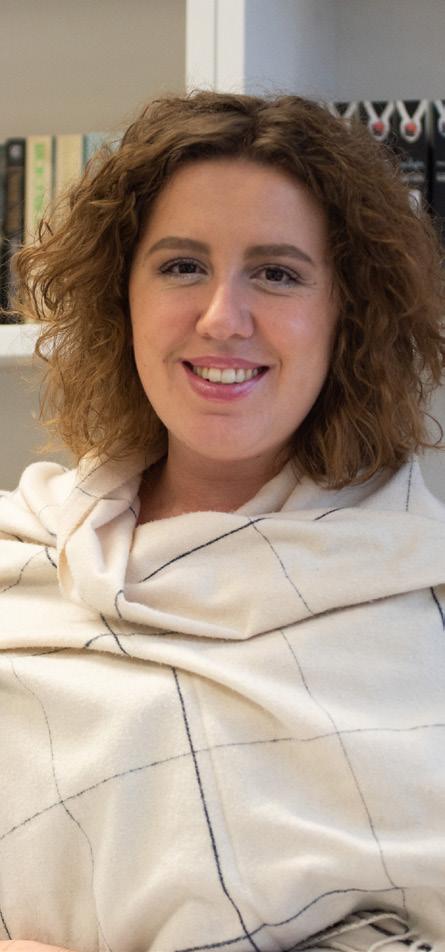
and Bioengineering labs, the Fabrication 3D printing lab, and the Material testing lab stand out with very modern devices.” The University also includes a Software and Computer Sciences Lab, Genetics and Bioengineering Lab, Architectural Lab, and Visual Arts and Visual Communications Design Lab. Students wishing to enroll in natural science, art, or architecture branch can improve their skills in highly equipped laboratories.
“IUS is not a place where our prospective students will only obtain a diploma and develop
International University of Sarajevo (IUS) has developed intensively throughout the years, and is among the first in Bosnia and Herzegovina who adopted the European standards of teaching.
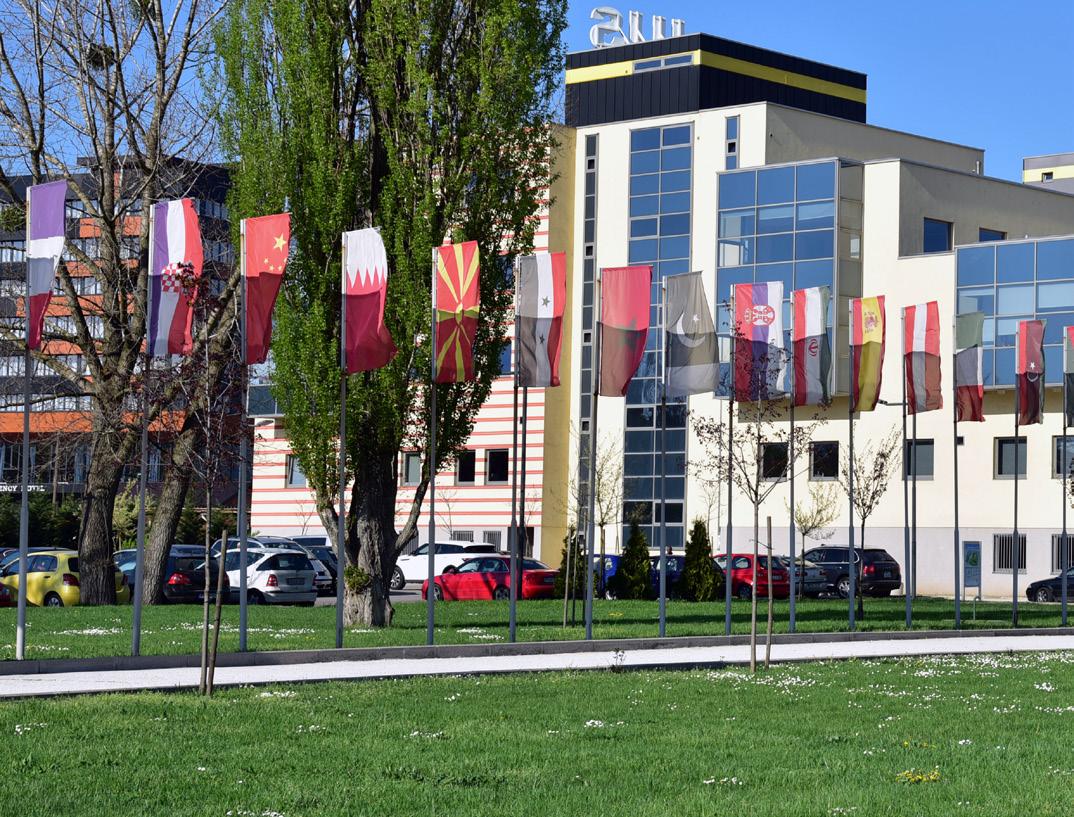
employable skills. In addition to providing students with knowledge, we also try to instill selfconfidence, independence, and responsibility. We can also boast of the geographical location of the city where the University is located. Students can get to know different cultures and meet people from different historical and cultural backgrounds,” adds Amela. Considering the number of students coming from different countries, they will also gain lifelong connections and be open to the possibility of hearing and learning new languages and traditions, all of
which create a perfect foundation for building a career of their interest anywhere in the world.
IUS offers a welcoming and friendly environment. They cherish differences and diversities since they have students from more than forty-five countries - from all continents. The University is also a part of the Erasmus+ Exchange program. Every year, they welcome numerous incoming students who come to experience student life at IUS, even just for a semester. “The friendly environment is cultivated through activities and clubs devoted to promoting differences and bringing them closer in this family. University can also boast about several clubs such as International Psychology Students Association or Alas Club whose goal is to improve campus life and connect people from every background, despite their religion, nation, or social status,” adds Amela.
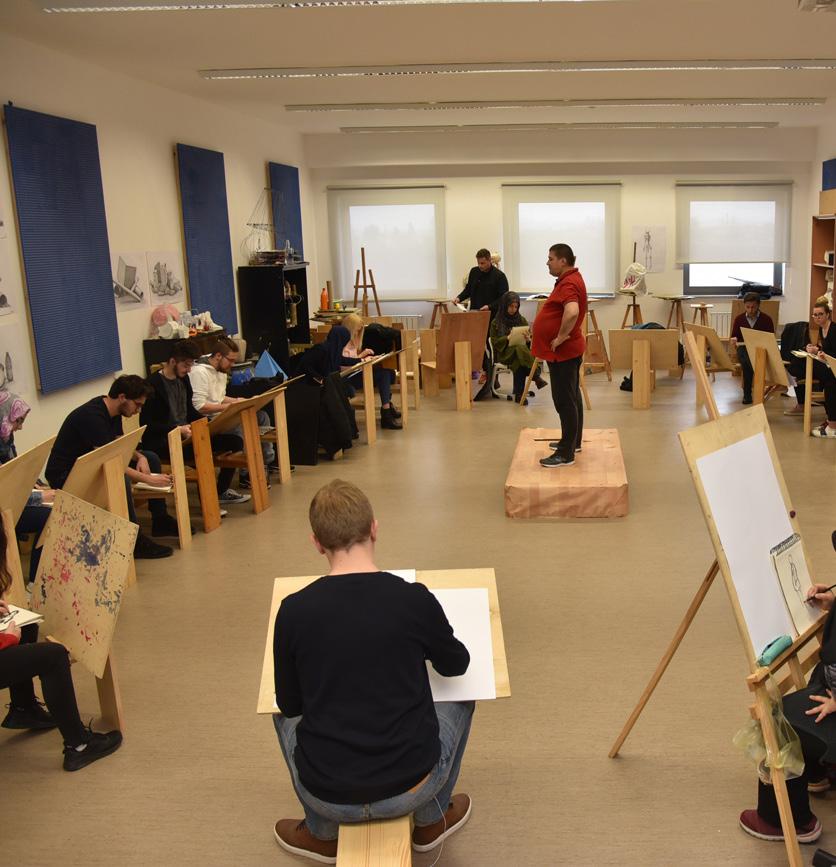
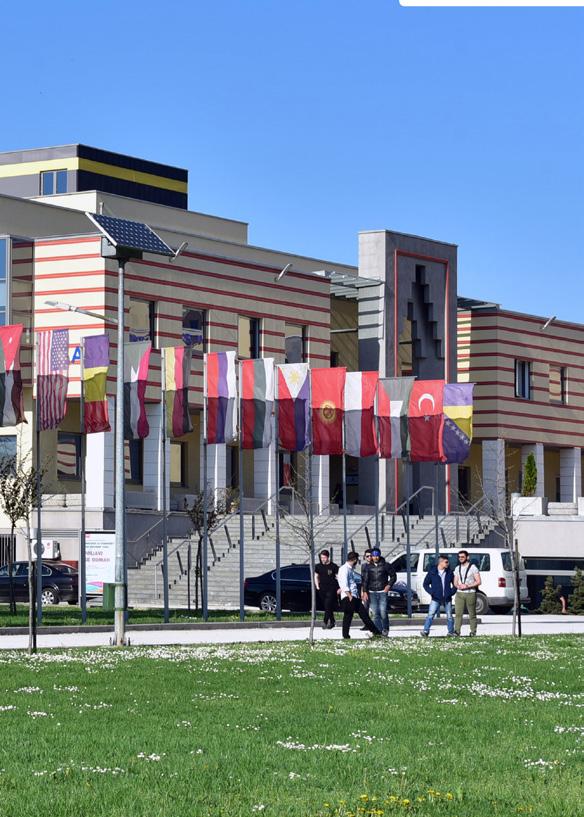
array of programs available for international students at IUS
IUS offers its students various academic programs in Engineering and Natural Sciences, Arts and Social Sciences, Business and Administration, Law, and Education. “Most of their students choose programs that offer practical training that allows students to gain work experience during their studies and prepare them for the labor market – these programs are mostly from the Faculty of Engineering and Natural Sciences,” adds Amela.
The University has fixed tuition fees per program and offers different discounts based on the total amount a student needs to pay; the same includes English Language School tuition fees or/ and scientific preparation fees. This is how they are helping international students.
IUS puts the health of its students and academic and administrative staff first. During the global pandemic, the university established online classes and completely switched to an online teaching model. This made it possible for their students to stay safe in their homes with their families and continue attending classes. They were ready to shift to this new teaching model from the beginning due to highly equipped classrooms and sophisticated technology.
“We are constantly working on boosting the number of incoming students. The quantity itself is not something that we want to retain. Our focus is on the quality of presenting and teaching university material comparatively complying with safety measures,” shares Amela. As an international university, IUS is aware that mental and physical health needs to be in focus and that the fear of a new wave
of pandemic still exists. The university has a student counseling center that is open every day, and its psychology professors are always there to help students struggling with different issues. “If we need to shift to online classes and send students home once again, we will not need to close our doors completely. Students will still be able to attend lectures online and maintain contact with their professors and friends,” adds Amela.
At present, IUS has around 2000 students studying in all 3 cycles of studies, coming from

IUS strives to attract and retain outstanding, qualified teachers and administrative staff by providing substantial support in the areas of their operations and enabling them participation in innovative research projects with the aim of continuous improvement of service delivery to students and the community.
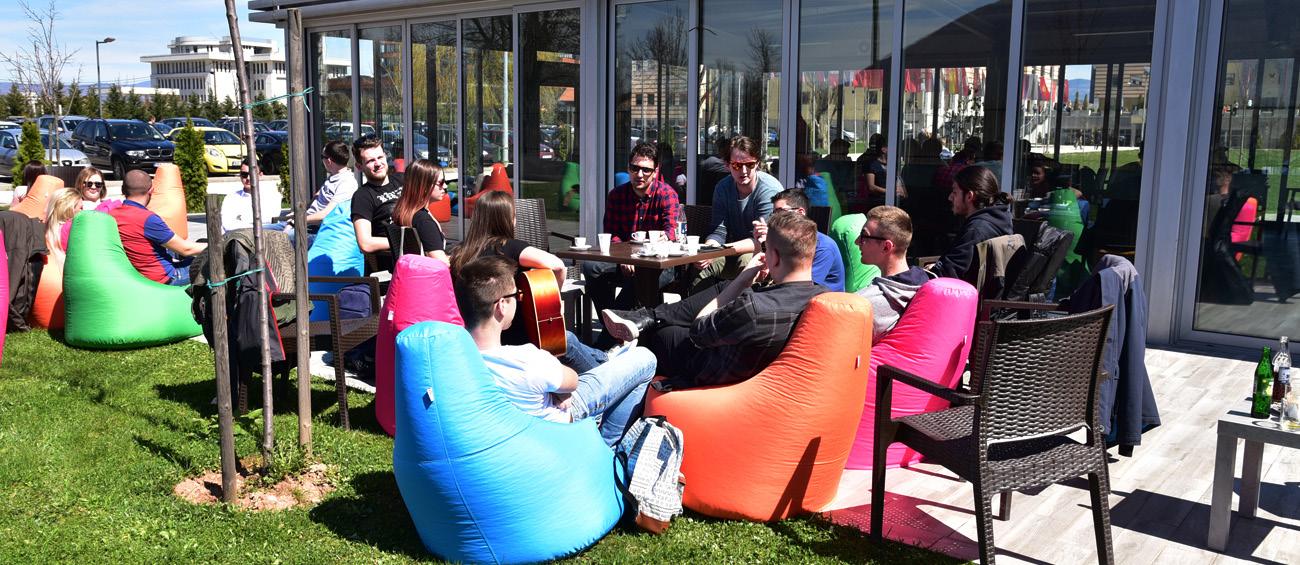
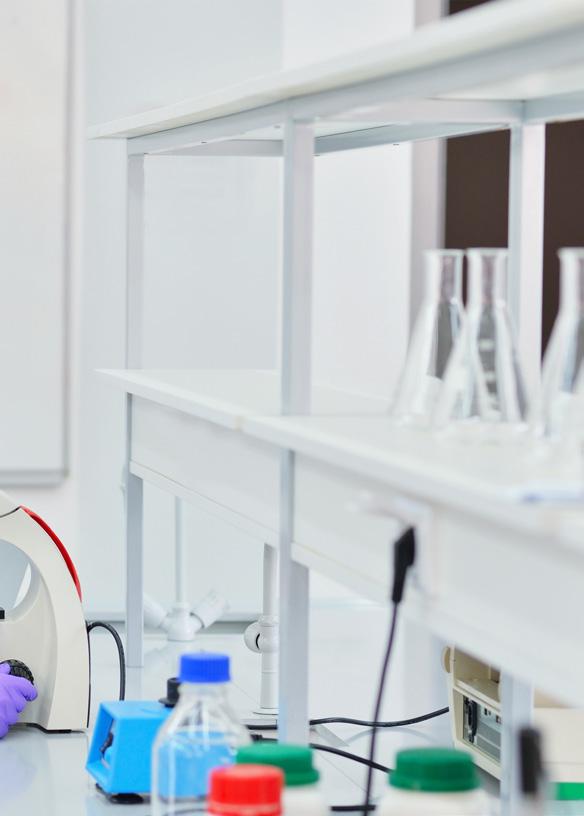
all continents and more than 45 countries of the world. “After traveling to 24 different countries, I found IUS to be the perfect place to study. I can perfect my English but also dive into learning the Bosnian language and culture,” says Theresa Faltermeir from Germany. Similar to Theresa, international students speak highly of IUS. Some of them are:
“IUS offers a quality education at an affordable price. The level of diversity is amazing, and no matter where you come from, IUS makes you feel at home.” (Sufyan Musa, Ghana)
“I speak 7 languages, and I decided to study at IUS because it offers a truly international feel and environment. I would recommend IUS to all local and international students.” (Sara Mezit, Bosnian diaspora)
“What I like about IUS is that it offers a range of extracurricular activities. I am a big fan of sports, and IUS has its own basketball club.” (Fahad Guimano, Philippines)
“IUS offers me quality education, and with the degree from IUS, I can work anywhere in the world.”( Mahdi Jichi, Lebanon)
“My university life in Sarajevo and IUS has been a wonderful journey. Although occasional academic challenges may be overwhelming occasionally, the vibrant international atmosphere at the campus motivates me and pushes me towards excellence.” (Omar A.K.Saad, Egypt)
“IUS exceeded my expectations with its quality of education. Professors are extremely kind to us students, and the atmosphere at the campus is very friendly. The campus is surrounded by nature making the learning experience unforgettable. I am in love with

Fitness Center is the newest and most technologically equipped facility on IUS campus, where students will find a friendly atmosphere with all the support they need to achieve their personal recreational goals.
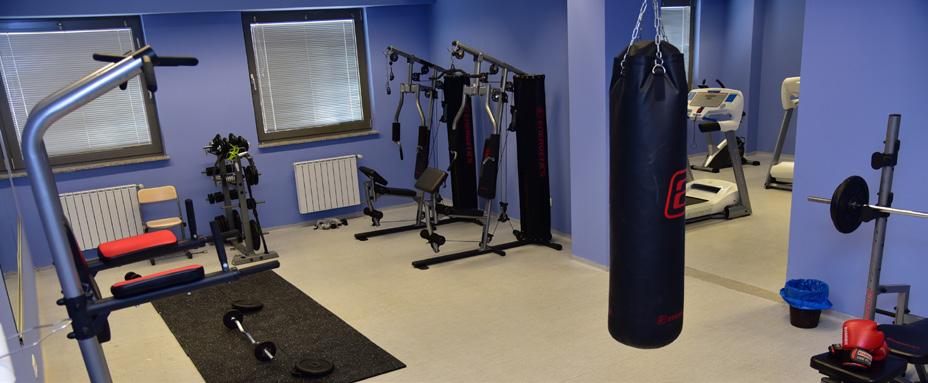
its faculty and staff with existing and new research and project opportunities, and fosters ethical conduct in research.
the culture, nature, and history of Bosnia and Herzegovina.” (Tülay Özdoğan, Turkey).
Besides the Research and Development Centre, which provides excellent research infrastructure for several scientific fields, IUS provides its faculty necessary support to submit competitive proposals for highly competitive national and international research grants through the Office of Sponsored Projects. IUS regularly hosts prominent researchers and guests, organizes information sessions and webinars to familiarize
IUS has multiple European Commissionfunded projects, including Horizon2020 and Erasmus+ program. “In our research projects, IUS faculty tackle local and global matters. It focuses on the Sustainable Development Goals (SDGs), also known as Global Goals, and addresses various issues including but not limited to education, global health concerns, environmental issues, human rights and inequalities, innovation, and entrepreneurship,” shares Amela. Some exciting international projects include HORIZON 2020-COVIRNA - A diagnostic test to improve surveillance and care of COVID-19 patients, which contributed to the public health preparedness and response in the context of the ongoing epidemic of COVID-19; Modeling Educational Robot, which focused on meeting the needs of the 21st-century digital society by incorporating programming and robotics in the school curriculum; IUSKUL international master study program, a joint master’s program in Bioanalytical Technologies with the Catholic University of Lublin (KUL); INTERVET-Internationalization of Vocational
IUS is a gateway to global opportunities and a broader perspective on the world and the international team of IUS is dedicated to making students’ experience an exceptional one.
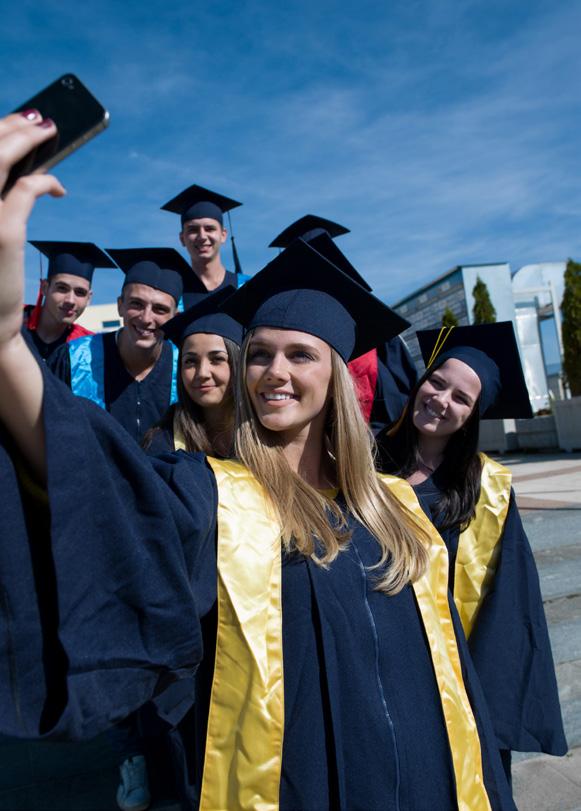
Education and Training (VET) systems in Western Balkan Project set up exchange programs for high school students and staff to increase young people’s skill set and employability.”
Amela adds, “It is crucial to mention some local projects supported by the Ministry of Science, Higher Education, and Youth in Bosnia and Herzegovina, which address pressing local issues. They include projects such as: Managing haptic interactions, Numerical simulation of airflow, dispersion, and quality in urban orographs and meteorological conditions; Dispersion of Air Pollutants in Traffic under the Conditions of Temperature Inversion; Entrepreneurial and Intra-Entrepreneurial Intentions in the Sarajevo Canton, and Europeanization of Western Balkans and Its Role in Growth and Development.” IUS faculty engages students in these research projects. IUS faculty also collaborates with Bosnalijek, a prominent pharmaceutical company in BiH, testing novel drug candidates for several types of cancer.
IUS takes pride in the fact that it offers its students the chance to develop and use their creativity through numerous projects and activities throughout their education at the University. Visual Arts and Communication Design students can practically implement their theoretical knowledge in a sophisticated video/ television studio and record advertisements, short films, and commercials. Architecture students are encouraged to be creative by participating in several local and international competitions and exhibiting their work within the IUS Art Gallery. Students of Software Engineering and Computer Science Engineering continuously
prove their web design skills by designing websites and applications which have thus far been recognized beyond the borders of the University. Some of the IUS student applications are to be used by the local authorities to improve the quality of life in the local community. Electrical and Electronics Engineering, together with their peers from the Mechanical Engineering study program, is pushed to the limits of their creativity to produce sophisticated appliances.
“One such example that stemmed from the graduation project of two engineering students was a robot designed to help in clearances of mine-stricken areas. Genetics and Bioengineering students are continuously working in University labs to make breakthrough findings for common diseases. All the above comes from the availability of resources and facilities that the University has provided for its students, together with the devoted stance of their professors and mentors who do not shy away from offering a hand and supporting their students in their practical work,” says Amela.
Student’s Life at the Campus
IUS has a very student-centric policy. The Student and Career Center exists to serve that purpose. Amela explains, “We are proud to say that we help students resolve their issues with faculties, answer their requests, provide activities and training, and create events they can enjoy. In addition to that, we are here for them at the very beginning of their future careers, as we deal with internships, both in the formal part of its submission, and we help our students find the suitable opportunity for them.”
Student and Career Center is also in charge of student clubs. IUS students have a way of providing entertaining, yet very useful, content for their peers, and the university supports them very well. “IUS Welcome Fair, Spring Festival, Sports Tournament, Job Fair, you name it, and we will have it ready for you in a bit,” claims Amela.
The integration of pandemic preparedness into our strategic plan is recognized as one of the most important aspects of the IUS framework. The university is constantly monitoring and assessing situations to collect and analyze information and all data regarding the post-pandemic world. “A key component is strengthening a hybrid model that balances face-to-face and online teaching. Even though our students are currently attending lectures in classrooms, we still have highly developed online educational platforms and digital access to the library catalog and students’ information system,” says Amela.
Furthermore, IUS is not focusing only on outcome-based education and students’ performance empirically but on project-based education, where students are effectively taught the requisite skills and attitudes and have to apply information learned during the class entirely on their own. “This way, even if we have to switch to online classes, students are again encouraged to actively participate, communicate and engage in the learning process. “ We believe it is worth mentioning that all our staff is fully vaccinated,” she concludes.
Dominique Vatin is a Staff Writer and Resident Career Expert at Resume Genius, where she writes about everything from how to make a resume to ways you can ace your next interview. When she isn’t helping job seekers find higher-paying, more fulfilling work opportunities, you can find her whipping up various cakes at home or planning her next hiking adventure.
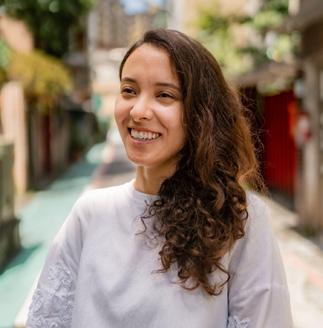
even two years ago, might not get you hired today.
Landing a job in 2022 is tricky. You’ve studied how to write a resume and applied for a job that you seemed perfectly suited for, only to not even get a response? Or replied to an ad that seemed desperate for new hires, but didn’t land an interview?
It’s probably because of your resume.
In a world where technology has taken over almost every industry, the process of creating a resume is constantly changing. What worked five or even two years ago, might not get you hired today.
How do you keep up? Below, we’ll walk through what resume writing looks like today, and offer up some helpful tips on what employers are actually looking for.
When many of us grew up, there were hard and fast rules for resume structure and content. It had to be one page, include a hefty job description, and a laundry list of your applicable skills.
While a one-page resume is still ideal, the other rules have changed. One of the biggest reasons is the use of Applicant Tracking Systems (ATS), software that automates the hiring process by quickly scanning resumes for specific keywords and phrases that match the job posting.
If your resume doesn’t include those terms, you likely won’t make it to the next stage in the hiring process - even if you’re otherwise qualified.
This means that generic, one-size-fits-all resumes are a thing of the past. To stand out, you’ll
In a world where technology has taken over almost every industry, the process of creating a resume is constantly changing. What worked five or
have to show off your personality and examples of your accomplishments, and convince hiring managers that you can deliver the results they’re looking for.
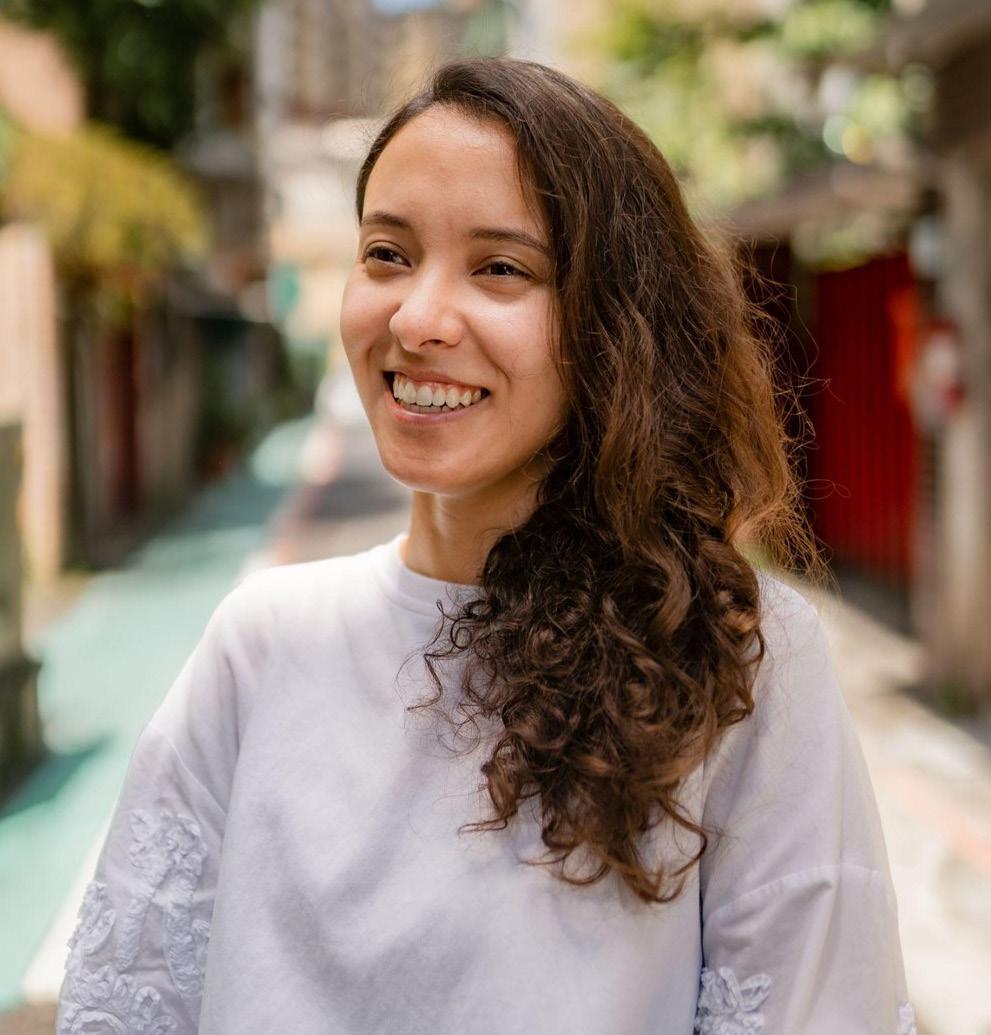
To stand out among the hundreds of other applicants, your resume should:
● Be well-written and free of typos
● Use an easily readable font and layout
● Include specific keywords from the job posting
But further than that, you’ll have to focus on a few key characteristics to make sure your resume doesn’t just blend in with the rest.
The days of a wordy, paragraph-long introduction are gone. Instead, open with a strong, one-line statement that immediately piques the reader’s interest and makes them want to learn more about you.
This can be a brief overview of your professional life or an interesting anecdote that gives insight into who you are as a person. But make sure it’s something that will make the reader
want to keep reading - hiring managers are busy and don’t have time to read a novel on someone else’s work history.
For example, if you’re applying for a social media marketing position, you might open with:
● An energetic and creative social media expert with experience in managing successful campaigns for both B2B and B2C companies.
● A numbers-oriented marketer who knows how to use data to drive results, with a proven track record of increasing leads by 50% in the first 6 months.
Each of these statements tells the reader what they can expect from the rest of the resume. They’re also specific enough that it’s clear this person is qualified for the job they’re applying to.
In previous generations, staying at a company for a long time was seen as a badge of honor. But things have changed. The most successful employees are now switching jobs more often, with those hopping from position to position sometimes earning as much as 12% more than those who stay.
When you’re detailing your experience, employers don’t care as much about how long you were in a job as much anymore. They want to know what you achieved. How did you make a difference in your previous roles?
Include accomplishments that are relevant to the job you’re applying for, using numbers whenever possible. If you increased sales, by how much? If you managed a team, how many people were on it?
When writing about your experience, start each bullet point with a powerful action verb. For example:
The days of a wordy, paragraph-long introduction are gone. Instead, open with a strong, oneline statement that immediately piques the reader’s interest and makes them want to learn more about you
● Developed and executed an awardwinning social media campaign that increased brand awareness by 25%
● Led a team of five customer service reps, resulting in a 15% decrease in customer churn
● Wrote 50 blog posts that generated 100,000 pageviews and led to $10,000 in new revenue
They want to know what kind of results you’re going to bring to the office (or virtual office) every day.
Personality has replaced education as a key differentiator on resumes. In most cases, your education will be listed near the bottom of your resume and won’t require more than a few lines.
But don’t be fooled. There are still some companies and industries that care more about where you went to school than what you can do because they expect to fully train and mold you. But they’re increasingly in the minority.
Many business tasks are done by people, which leads employers craving for employees with people skills – the ability to collaborate, communicate, and think creatively.
If you have any experience working in customer-facing roles, make sure to include it. If not, consider adding volunteer work or extracurricular activities that have helped you develop these skills. Try to allow the hiring manager to envision what it would be like to work with you every day.
The bottom line is that while company culture is important, employers don’t want to hire someone that can’t deliver. Shining a light
on the positive results you have achieved in your previous roles is the best way to show that you’re up for the challenge.
Including metrics and data points will help employers understand the scope of your accomplishments. But don’t stop there. Use specific examples to illustrate how you’ve helped solve problems or improve processes in your past roles.
Were you able to increase sales by implementing a new strategy? Did you develop a more efficient way of doing something that saved your team time or money?
Be as detailed as possible, and back up your claims with data whenever possible. Your resume should be filled with examples of the great work you’ve done, and how it benefited your previous employers.
Learning how to make a great resume can still be a challenge for some people. You may not feel comfortable writing, or you may be unsure of what keywords to include for your specific position. Luckily, just as employers are leveraging technology – so can you.
There are now highly advanced resume builders and tools available to help you create a modern, professional resume. Use these resources to your advantage, and don’t be afraid to experiment until you find a style that works for you.
The most important thing is that your resume tells employers what they need to know about you – that you’re qualified and will be an asset to their team.
By following the tips above and crafting a resume that highlights your accomplishments and results, you’ll be well on your way to impressing employers and getting hired in 2022.
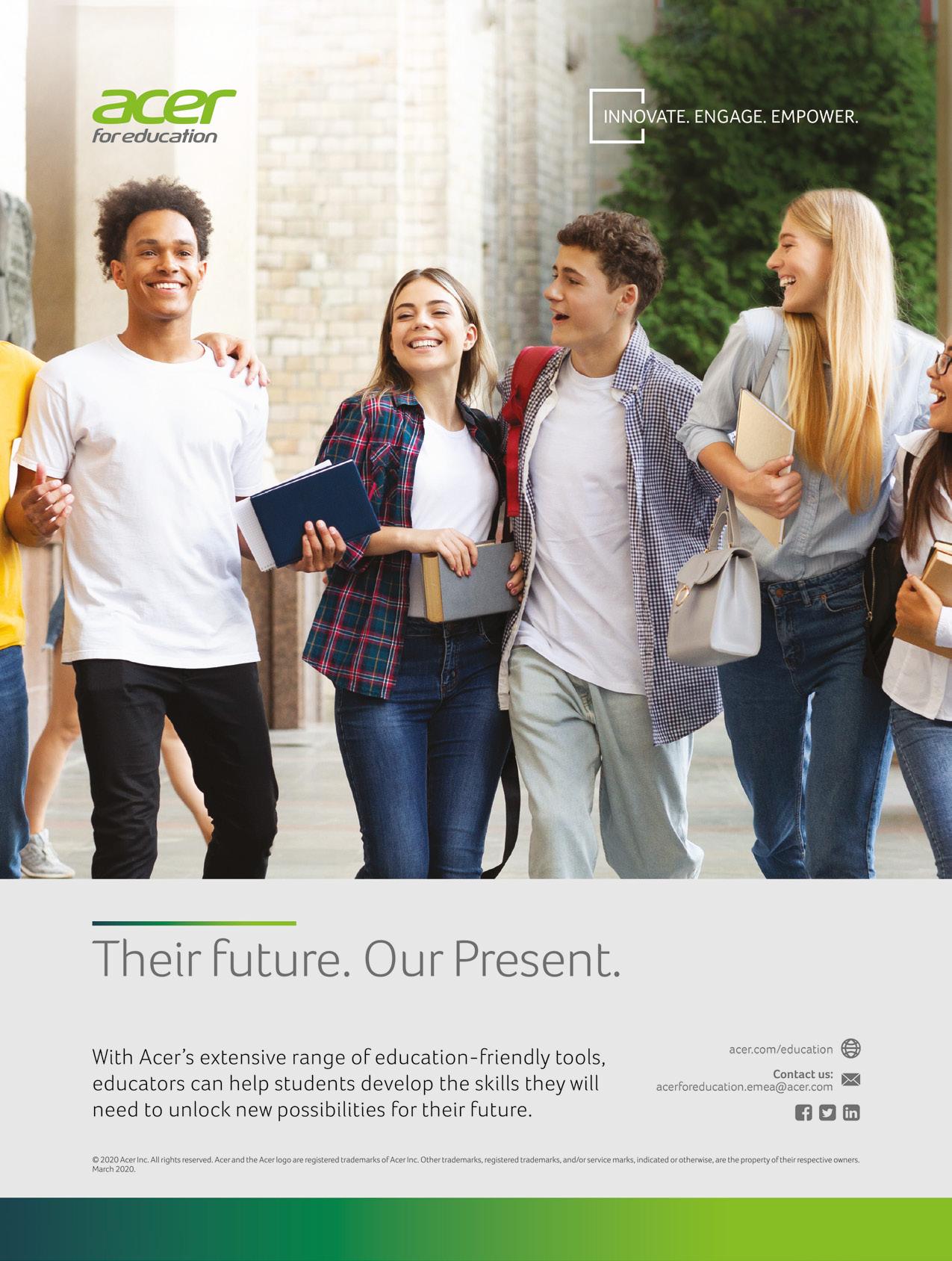
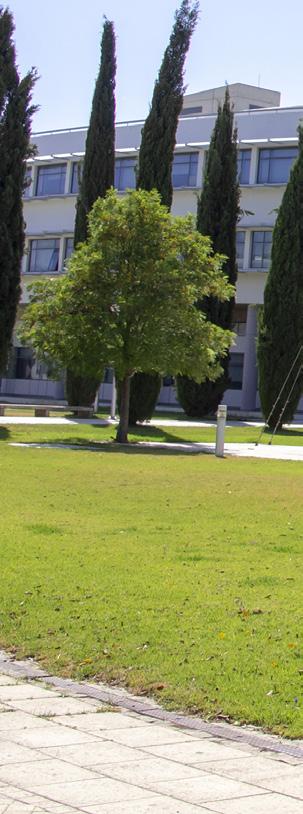
Founded by law in 1989 in response to the growing intellectual needs of the Cypriot people, the University of Cyprus (UCY) is the first university to be established in Cyprus, and one of the pioneering public research universities in the wider Euro-Mediterranean region. Since then, it has earned the respect of the international academic community and the appreciation of Cypriot society.
The mission of UCY is the development of scientists with ethics and critical thinking, the active participation in scientific research and innovation, the contribution to cultural creation and social renewal and the contribution to the sustainable economic and social development of Cyprus and the wider Euro-Mediterranean area.
The UCY campus is spread across 1.300.000 m2 and is equipped with modern facilities like the Learning
University of Cyprus has established itself as a Pioneer Research Institution achieving International Scientific Recognition in European Higher Education, offering Competitive Programmes and has become a Centre of Excellence in the wider Euro – Mediterranean Region.
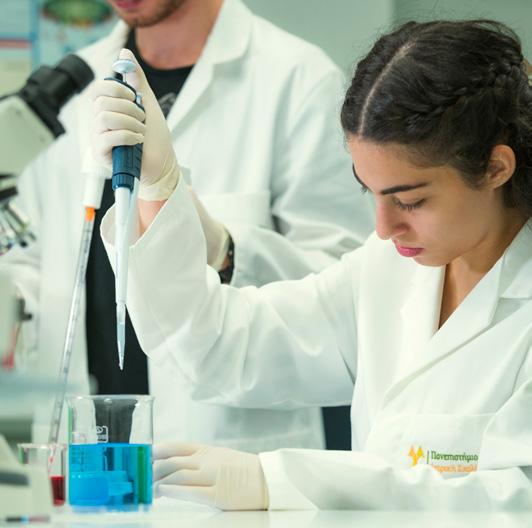
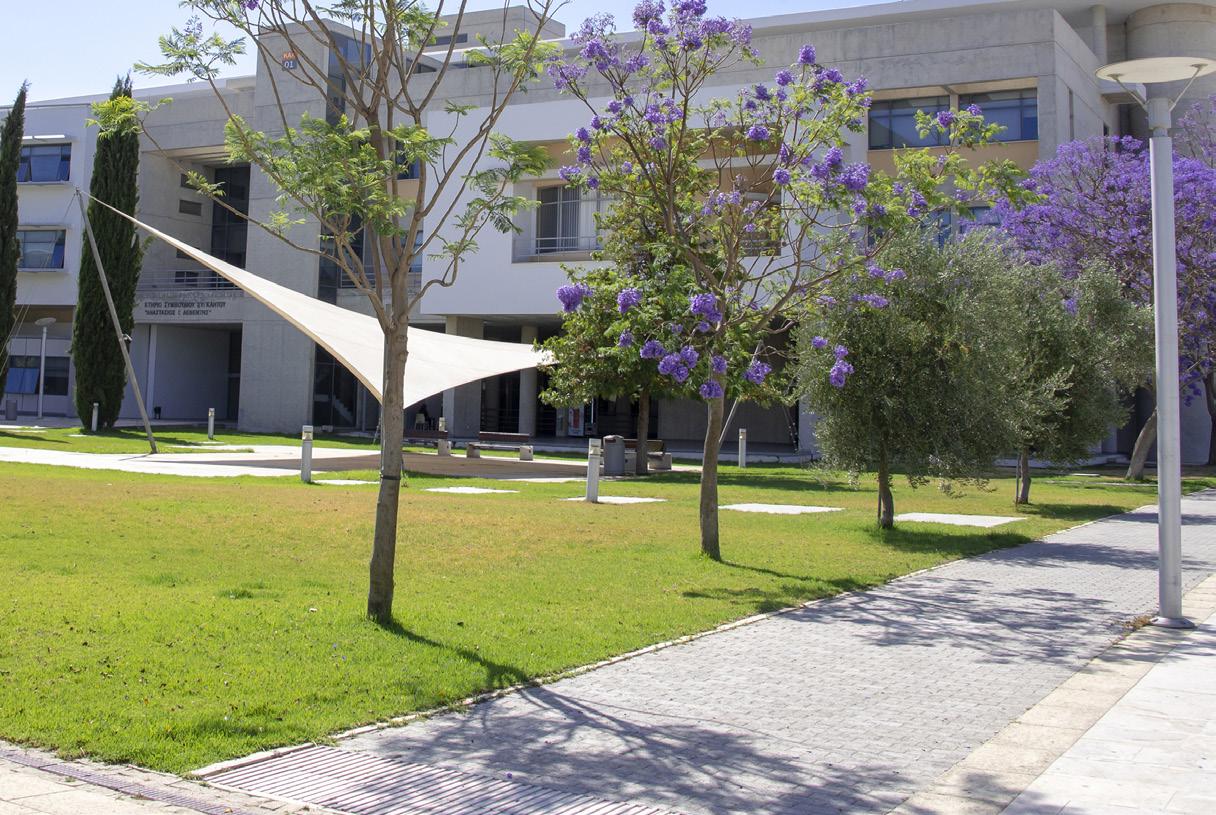
Resource Centre “Stelios Ioannou”, fully furnished classrooms and auditoria, the Athletic Centre and the Social Activities Centre. Additionally, UCY houses a Language Centre offering classes in 8 languages, an Aula Cervantes and a Confucius Institute.
At UCY, all academic staff members are renowned scholars from different parts of the world with prestigious citations and publications to their credit. They bring a vast array of knowledge in their respective fields and are dedicated to teaching and taking an active interest in their students’ personal and professional development. One of the UCY faculty members is a Nobel Memorial Prize winner in Economic Sciences, Sir Christopher Antoniou Pissarides.
University of Cyprus is a vigorous community of scholars engaged in the generation and diffusion of knowledge and it has earned the respect of the international academic community and the appreciation of Cypriot society.
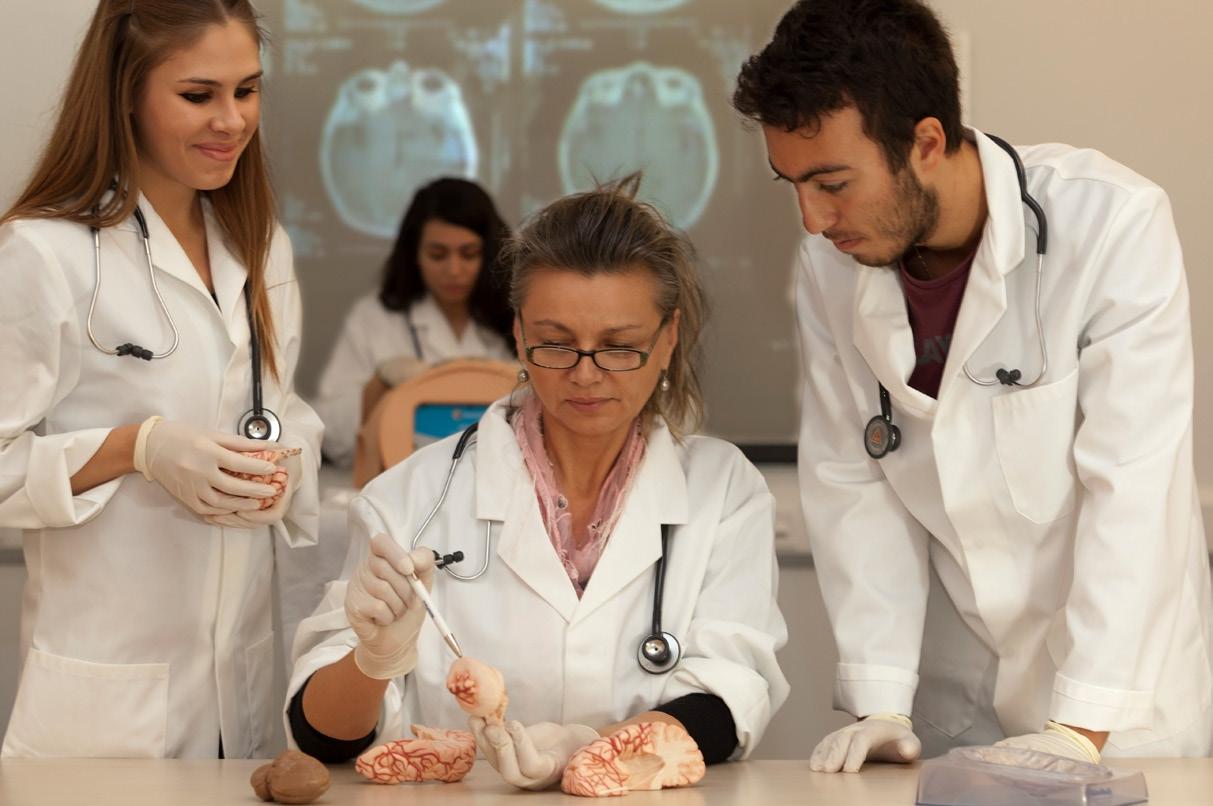
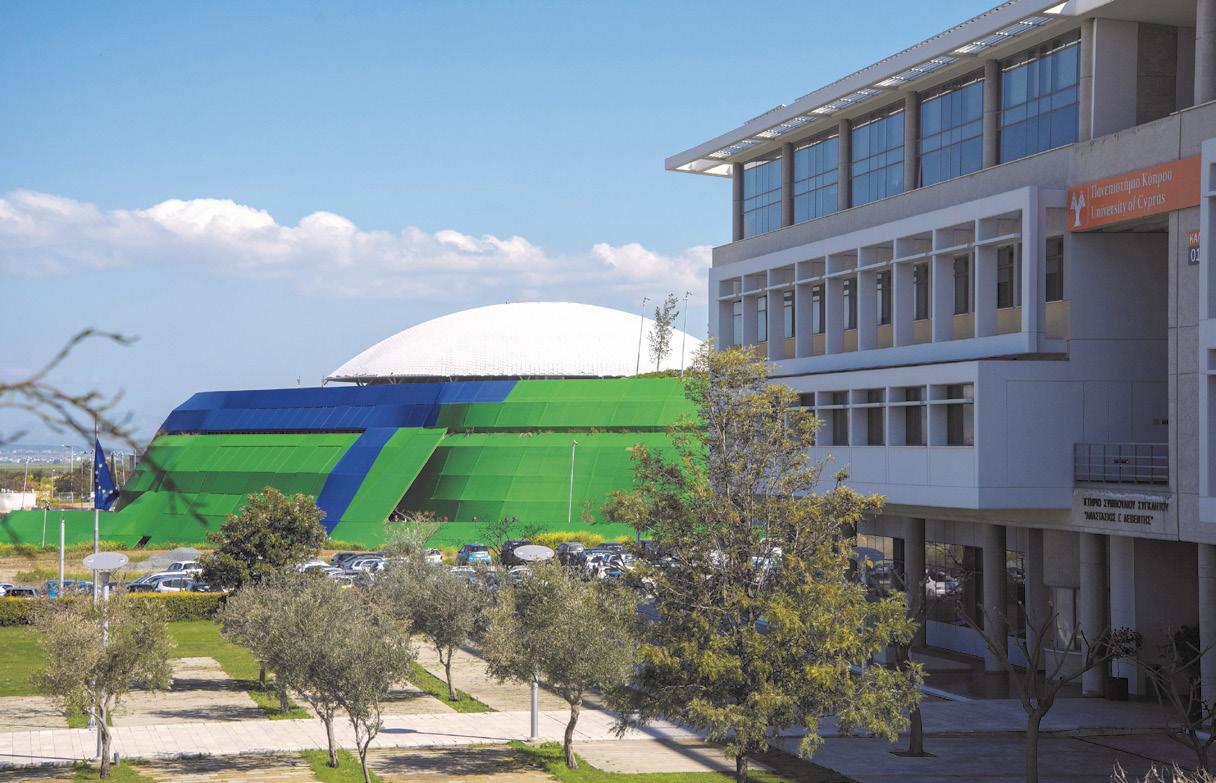
UCY offers world-recognised undergraduate and postgraduate (Master and PhD level) programmes with a strong emphasis on research and development. National and international students can choose from diversified curricula ranging from Humanities and Letters to Engineering and Applied Sciences. In addition, UCY is known to have a high employability rate.
Moreover, being a member of the Young Universities for the Future of Europe Alliance, as well as through its participation in the Erasmus+ Programme, the signing of agreements of cooperation with international partners and its active participation in European and international networks and associations,
UCY has developed a very strong international outlook. When it comes to world rankings, UCY is placed among the top international universities, namely: TIMES 2023 (in the top 401-500), QS 2023 (473), the Shanghai List – ARWU 2022 (501-600) and US Best Global University Rankings 2022 (566). Owing to its academic excellence, impactful synergies, ground-breaking research projects and high rankings, UCY has become the go-to destination for higher education in the EuroMediterranean region.
International students are supported by the International Students and Staff Office of the International Relations Service, whose mission is to help strengthen the internationalization of the University by providing comprehensive support and information to international
students and staff (academic and administrative) before, during, and after their arrival in Cyprus. At the same time, the International Students and Staff Office is there to provide all the necessary information regarding studying, working, and living at UCY but also Cyprus in general, while cooperating closely with all the UCY Administrative Services and Departments, as well as with national and international authorities, in order to ensure the continuous improvement and high level of the services provided.
UCY has 13 Research Centres and a considerable number of Research Units, covering a broad spectrum of disciplines.
Since the establishment of the European Research Council in 2007, the institution has received the highest number of ERC grants in Cyprus. More specifically, it was awarded
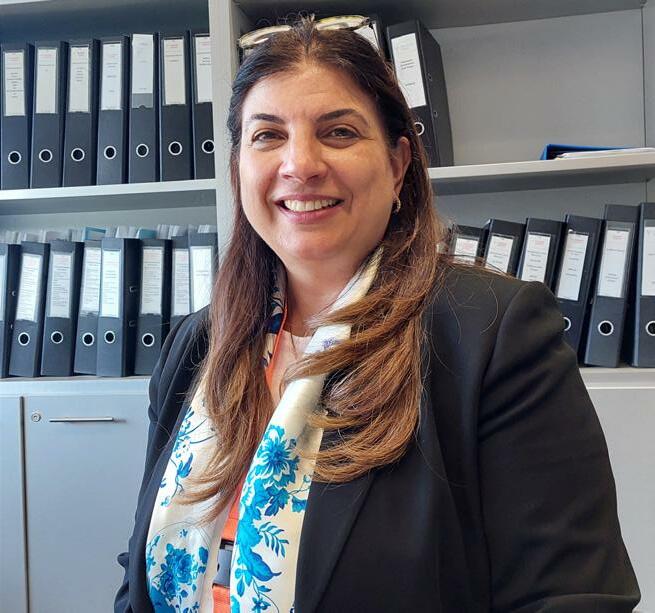
7 Starting Grants, 5 Consolidator Grants, 2 Advanced Grants, 8 Proof of Concept Grants, and 1 Synergy Grant (FP7, H2020 and Horizon Europe).
In the past, UCY has successfully implemented 71 Marie Sklodowska-Curie projects and is currently participating in 375 projects, out of which 198 are EU-funded projects under Horizon 2020, Erasmus+, Justice, Life, Cost Action and Interreg. Apart from individual fellowships, the university also participates in ITNs and Rise Actions. In 2021,
The University of Cyprus operates 8 faculties with 22 departments, which offer a wide range of undergraduate, postgraduate and research study programmes to around 7,000 students.
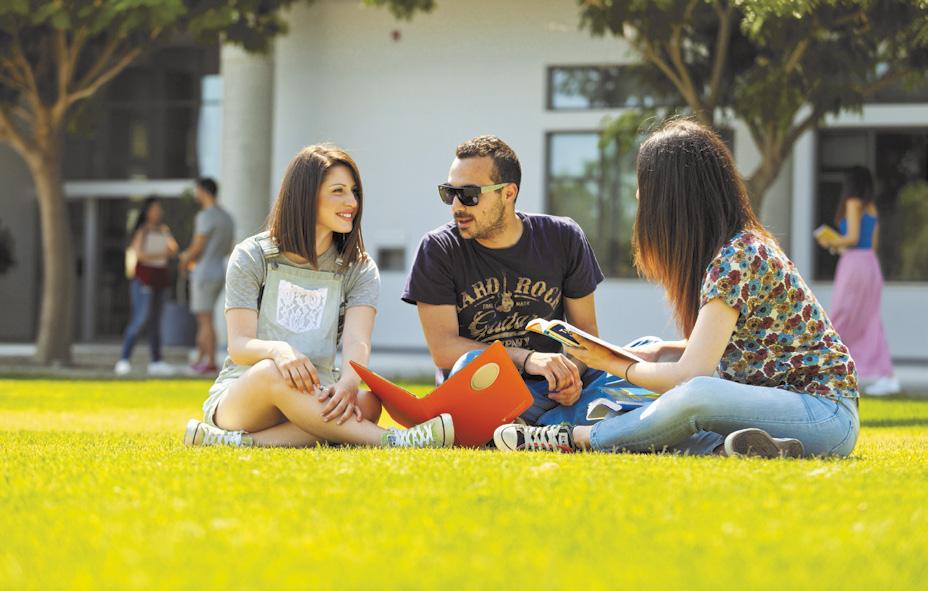
UCY’s research funding from external sources reached €27 million, which is a remarkable feat.
At UCY, a Centre for Entrepreneurship (C4E) has been set up to provide the necessary training, expertise, mentorship, support and connections the university’s students and young scientists for becoming effective entrepreneurs. The main objectives of C4E include fostering a culture of innovative entrepreneurship within the university and developing relevant in-house expertise, providing the entire university community with
high-quality services and building the connections required to bring scientific innovations and novel ideas produced inside UCY to global marketplaces while contributing to the creation of a sustainable innovation ecosystem in Cyprus.
C4E serves the entire UCY community, namely undergraduate, postgraduate and doctoral students, researchers, young scientists, faculty and staff. Beyond the university, C4E also contributes to the emergence of Cyprus’ “start-up” ecosystem, participating in relevant initiatives and liaising with people and support structures, such as accelerators incubators, and maker spaces. In addition, the C4E hub promotes the uptake of innovative results, the exploitation of scientific knowhow and the use of advanced research infrastructures of UCY by existing private and public organisations, contributing to the competitiveness and growth of the Cypriot economy.
UCY considers the development of competencies and working skills while studying (through traditional and non-traditional learning) a key for the success and distinction of its students and alumni in the labour market. It is for the above reasons that the UCY Career Centre (https://ucyweb.ucy.ac.cy/careercentre/ en/) provides a number of opportunities for development and preparation for the workforce. Moreover, through the University´s partnering with the EURES Network, students and graduates have the opportunity to receive guidance and information about employment opportunities, language learning, and funding for their job mobility.

At UCY, individual departments offer scholarships on academic merit and financial status. UCY also offers scholarships for its MBA and MBE programmes. Furthermore, UCY provides specific scholarships to international, high-calibre students with financial difficulties and to refugee students who live under critical conditions. EU students pay no fees for undergraduate studies.
One of UCY’s undergraduate students in the Department of Social and Political Science, Sofia Bantona, shares that she had a fantastic experience at the UCY and her sociology
The University of Cyprus is an extroverted institution, internationally networked with substantial participation in global research activity.
degree helped her understand the world and herself better. Moreover, the university staff assisted her with important information about the documentation required during her stay in Cyprus, being of Greek nationality.

Kalliopi Tsagkari, a postgraduate student in the Department of Turkish and Middle Eastern Studies (also from Greece) states, “The reason I chose to study at UCY was its reputation as a very well-organized university at all levels, as well as its ranking among the best universities worldwide. UCY offers employment opportunities on campus to EU students, allowing them to secure an income while developing skills for a future career. The institution also provides a variety of student clubs so that students can be active according to their interests while integrating easier into the student community.”
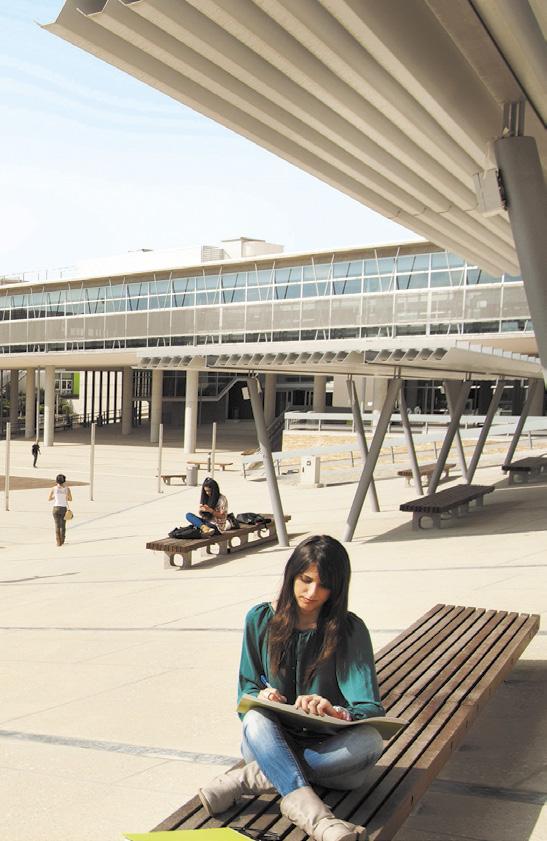
In the wake of the COVID-19 pandemic, UCY was the first institution in Cyprus to switch to online teaching overnight, even before the issuing of the lockdown in the country, due to its well-developed, modern IT infrastructure. Lessons continued smoothly over the 2 years of the pandemic and students did not miss any of the programme courses they were enrolled in.
The pandemic has significantly disrupted international student mobility, as a result of successive lockdowns, difficulty in travel and closed borders, and students’ nervousness to be trapped away from home.
What one can see in the post-pandemic era is that student mobility recovers but gradually, over time, as the world turns to the ‘new normal’. Although
Within the extremely competitive global environment of higher education, the University of Cyprus, having human resources with high academic qualifications, aims to attract capable students not only from Cyprus but also from other countries.
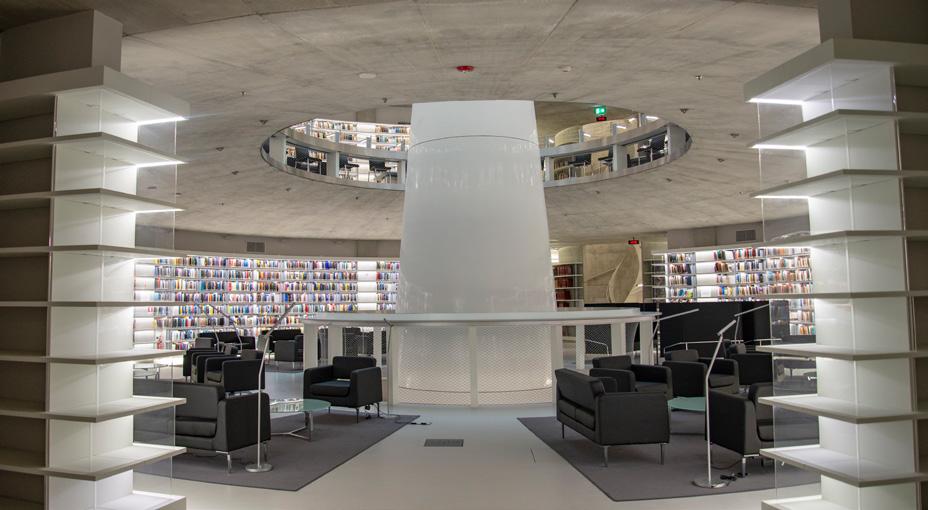
there is certainly some initial hesitation around studying abroad - especially given the availability of digital alternatives - which could mean a slower pace of recovery for international student mobility, the increasing desire for in-person interactions and experiences abroad means that mobility numbers are bound to grow.

Therefore, according to Ms Elena Avgoustidou-Kyriacou, Acting Director of the UCY International Relations Service, both incoming and outgoing mobility will increase at UCY. There will also be a rise in the number of Erasmus + Agreements signed, thereby opening doors to new opportunities for students to be mobile in other actions of the Erasmus+ Programme (e.g. Intensive Programmes), as well as different kinds of mobility (e.g. Blended Mobility).
To keep up with its upward momentum of attracting a large number of international students, UCY will require more digitalisation of the management of the Erasmus+ Programme, introduction of new mechanisms, updated procedures, more staff in the Mobility Office of the International Relations Service and more effective communication and cooperation with the UCY departments and services, as well as with collaborating institutions.
With life returning to normal, UCY plans to increase its efforts to enhance its international outlook by participating in university networks/associations, forming strategic partnerships with international institutions and attracting students and staff from abroad.
Dr Dharmendra Sharma AM, ProfessorinInformationTechnology&Systems(ITS), University of Canberra
Dr Dharmendra Sharma AM is currently a Professor in Information Technology & Systems (ITS) at the University of Canberra (UC). He has assumed various senior leadership roles in universities for over twenty years and was made a University Distinguished Professor by UC in 2012. Prof Sharma was bestowed Order of Australia (in AM division) in 2019 in recognition of his contribution to Higher Education and Computer Science. Dr Sharma’s research background is in the Artificial Intelligence areas of Planning, Data Analytics and Knowledge Discovery, Predictive Modeling, Constraint Processing, Fuzzy Reasoning, Brain-Computer Interaction, Hybrid Systems and their applications to health, education, security, digital forensics and sports.
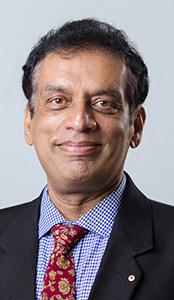
Technological innovation has always played a key role in Canberra’s development. It is the first mainland capital city in Australia to achieve 100% renewable energy electricity supply
The Australian Government is making robust investments in digital transformation to support a strong economic future. Australia’s capital city of Canberra is at the epicentre and is leading the country’s digital transformation efforts, with large investments that will underpin productivity and job growth. For students studying technology, Canberra is a great place to begin a rewarding career in the IT sector.
It's little wonder why Canberra is in such an envious position to spearhead the technology revolution. With a fast-growing population, it’s an energised, well-connected city with a reputation for excellence in education. The local government is positioning technology as a catalyst to drive better outcomes for local residents, ultimately using technology to improve their quality of life.
As per the 2022 ACS Digital Pulse report, Canberra has the highest proportion of tech workers in Australia at 14.5% - compared to a national figure of just 6.7%. Over 35,000 people in Canberra are actively working in the IT sector, with an estimated annual growth of 5.5% in Canberra’s tech workforce. According to industry experts, individuals can earn, on average, an additional AUD$11,000 every year in salary in tech occupations compared with other professional occupations.
Technological innovation has always played a key role in Canberra’s development. It is the first mainland capital city in Australia to achieve 100% renewable energy electricity supply. It is the first city in the world to allow trials of drone home delivery and is home to the world’s largest domestic virtual power plants. Such advanced, forward-thinking progress is why global companies are
Canberra’s universities provide a conducive environment for living and to support studies for students to realise their potential
choosing Canberra as the place to incubate and bring to life new ideas.
How studying in Canberra can benefit tech students
Canberra’s digital transformation efforts have opened more doors for students looking to study and work in Australia’s capital city. The city is home to world-class educational institutions and research centres and is consistently named as one of the world’s best student cities based on safety, cleanliness and quality of education. Canberra typically welcomes over 15,000 students from across the world each year, and with over 25% of Canberran’s being born overseas, the city offers an exciting multicultural ambiance.
Canberra’s institutions rank in the world’s top 100, with several in Australia’s top 10. These institutions offer world-class facilities, practical hands-on experience, and industry placement opportunities. Canberra’s universities provide a conducive environment for living and to support studies for students to realise their potential. The universities offer education and research opportunities of high quality and to address the current and emerging skills needs of the 21st century.
A technology degree in one of Canberra’s illustrious institutions prepares students for a wide variety of careers.
The technology courses offered in Canberra provide students the chance to specialise in varied fields including Cloud Computing and Internet of Things, Cybersecurity and System Administration, Data Science or Robotics, Artificial Intelligence and much more.
Students gain an advanced understanding of information systems, digital security, and software development. They can develop an understanding of how to harness current technologies as well as approach emerging technologies.
A degree in technology will ensure students’ skills will be in high demand now and in the future. There are also opportunities to turn this knowledge into business opportunities, with local support available to foster entrepreneurs and start-ups.
In the post-pandemic environment, the world is fostering a digital mindset. Companies and governments are looking to build smart experiences for their customers and demanding skilled graduates in emerging fields such as cyber security and AI technologies. Adding to this, it is estimated that 90% of businesses globally are operating in the cloud thanks to the shift from outdated services into digital versions.
For students exploring opportunities to study and work in technology, now is the time to consider Canberra.
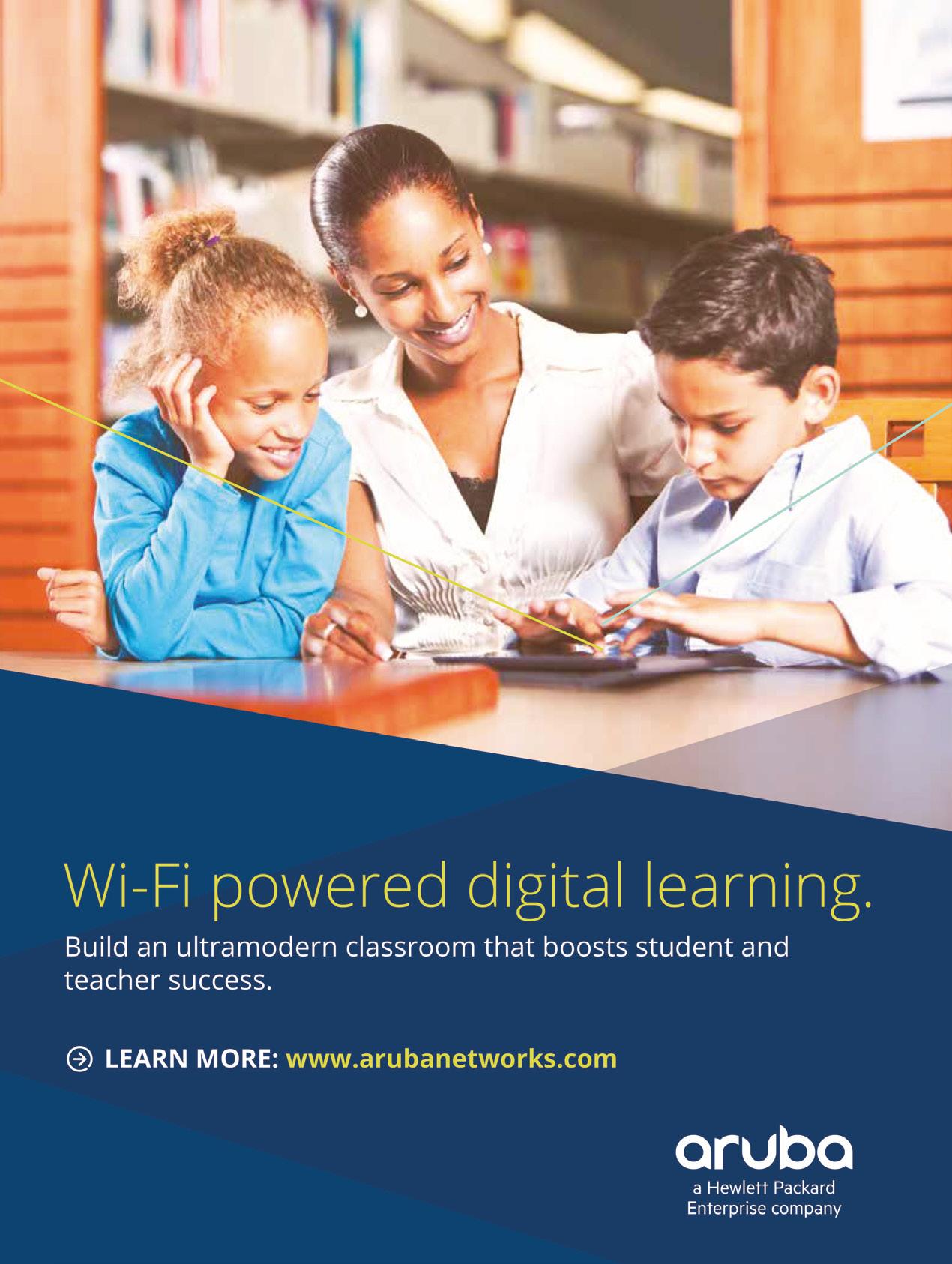
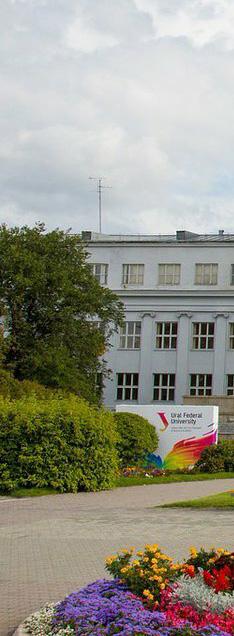
The Russian international educational policy through and post the Soviet period has experienced radical evolutionary changes. Through this prism of progression and the complexities encountered, Ural Federal University, founded in 1920, is one of the leading and oldest higher educational institutions in the Ural region. With a vision to develop the human, scientific, technological and innovation potential of the Ural region and Russia, the university was founded in alignment with the state policy to overcome human resource shortages in metallurgy, chemistry, mining, and engineering and promote the industrialisation of the country. UrFU takes pride in its unique location, Ekaterinburg, the 4th largest city in Russia, a modern megapolis with world-class infrastructure and services for education, business, and tourism.
Ural Federal University (UrFU) is one of the largest and leading higher educational institutions in Russia bringing together fundamental education and innovative approach towards the challenges of modern times.
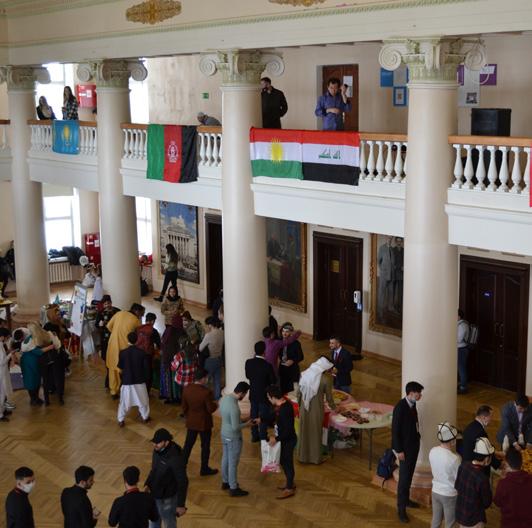
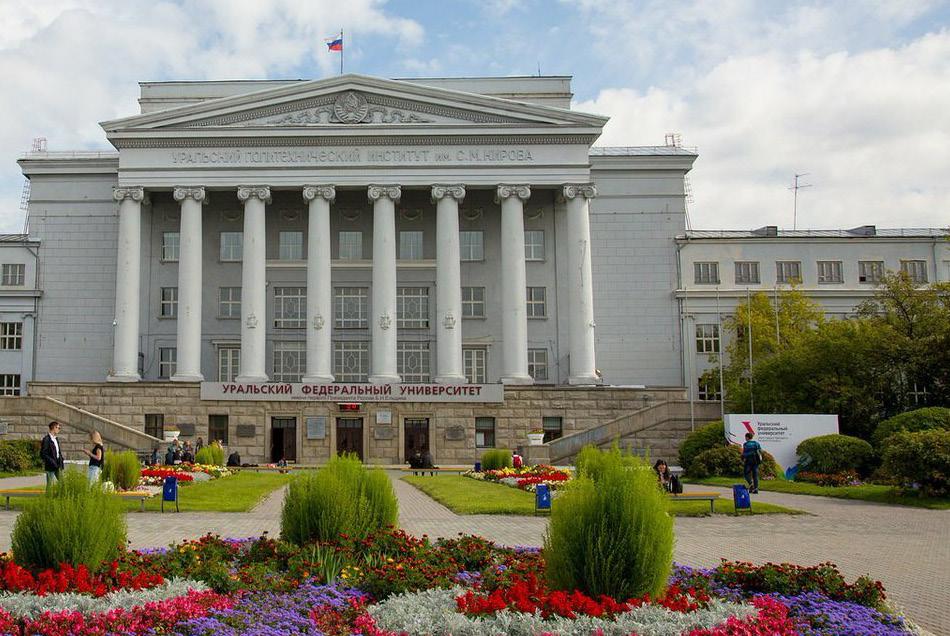
Victor Koksharov, Rector at Ural Federal University, explains that in the frame of the modernisation reform of the Russian higher education system launched in the 2000s, several universities were merged and received a federal status and additional financing from the state.
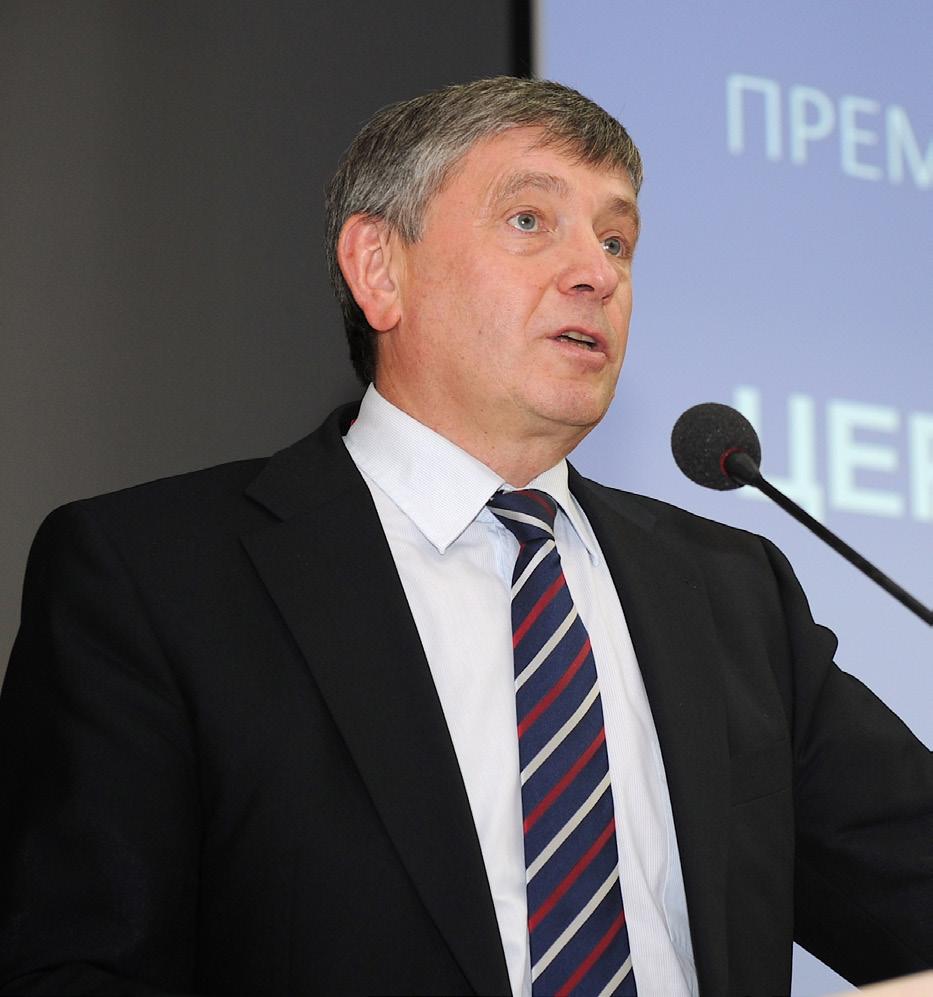
Thus, in 2010, UrFU was created by merging two Universities: Ural State Technical University – Ural Polytechnic Institute and Ural State University, providing classical education.
The university campus is designed to meet every attendee’s requirements. It boasts 12 institutes, labs equipped with modern devices and
equipment, research centres, 16 dormitories in the city centre close to education buildings, libraries, banks, sports facilities (indoor & outdoor), and cafeterias.
Catering to international students’ requirements with a focus on achieving their full academic
Ural Federal University is home to 36 200+ students from 115+ countries of the world and more than 4000+ faculty members including the topnotch global experts.
potential, the university has an International Students Adaptation Centre and a Buddy-system that offers help and guides foreign students in all matters of their daily life upon arrival. This includes but is not limited to pick-up service at the airport, accommodation, health insurance, education, social adaptation, and so on. For international students, UrFU specially designed 15 Master’s degrees and 47 PhD programs in English in most topical fields of study of the modern world; Artificial Intelligence & Machine Learning (AI/ML), Food Biotechnology, Cognitive Neuroscience, IT innovations in Business, Biodiversity, PR and Advertisement in International Communication, Energy for Smart Cities, AI for Power Industry, International Trade and Management, International HR Management, and High-Performance Sport.
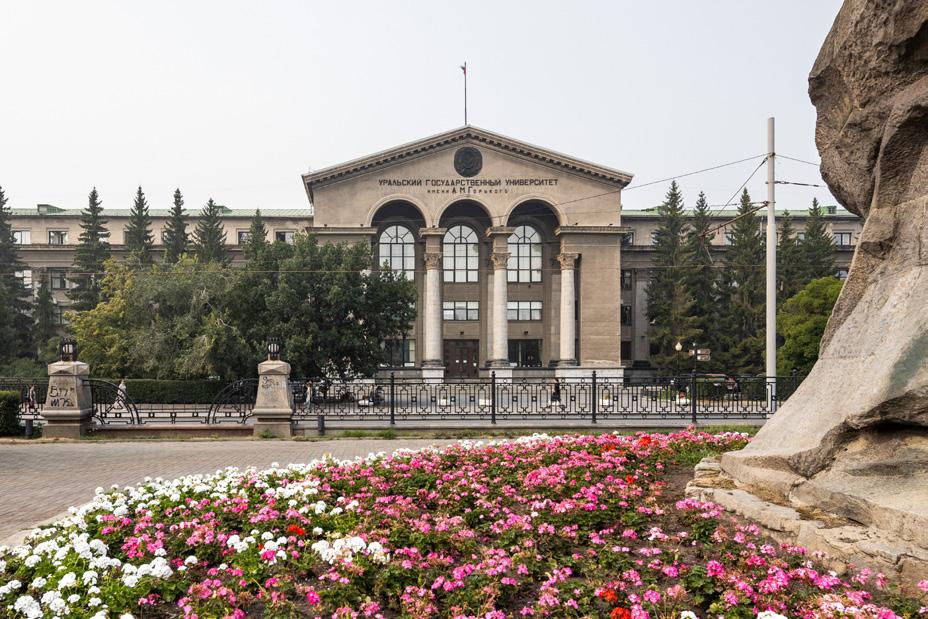
Ural Federal University is open to international collaboration having more than 410+ partners all over the globe and is an active participant of such initiatives as BRICS Network University,
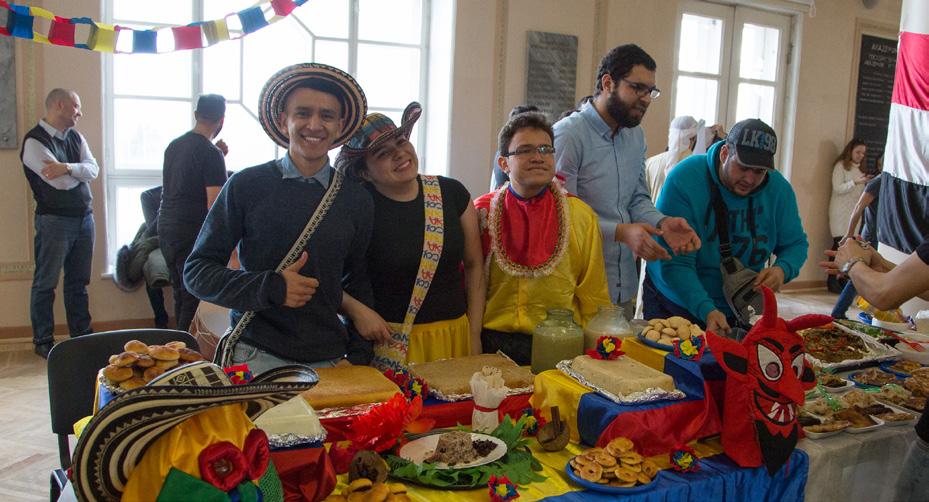
The university recently launched two new cutting-edge Master’s Programs in English; Artificial Intelligence for Power Industry Applications & Energy for Smart Cities. The aforementioned program is focused on Data Science and the design of adaptive intelligent systems for the Fuel and Energy Sector. The program is implemented with RTSoft Group of Companies. In addition, the program Energy for Smart Cities is focused on the design, operation, and analysis of up-to-date urban power supply
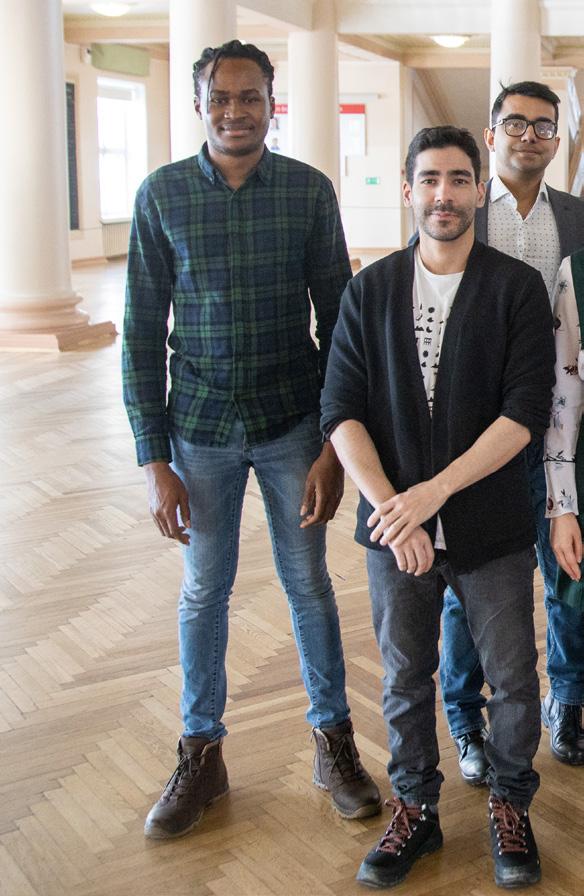
systems using machine learning technologies in the Fuel and Energy Sector. The program is implemented together with Schneider Electric company. Rector Koksharov reveals, “The University has the highest employment rate in Russia. 85% of UrFU graduates find a job in Russia or abroad within the first six months post graduating. There are employment opportunities at the university as well. Over 200 foreign students currently work at UrFU.”
Of the firm opinion that the faculty plays a critical role in the development of each student’s potential, the team at UrFU consists of over 4000 faculty members, including 298 professors, 1062 associate professors, 599 Doctors of Science, 1977 PhDs, and 40 foreign lecturers. “Most of our teaching staff are practising experts actively engaged in research and highly experienced in industry and business. Thus, they can give their
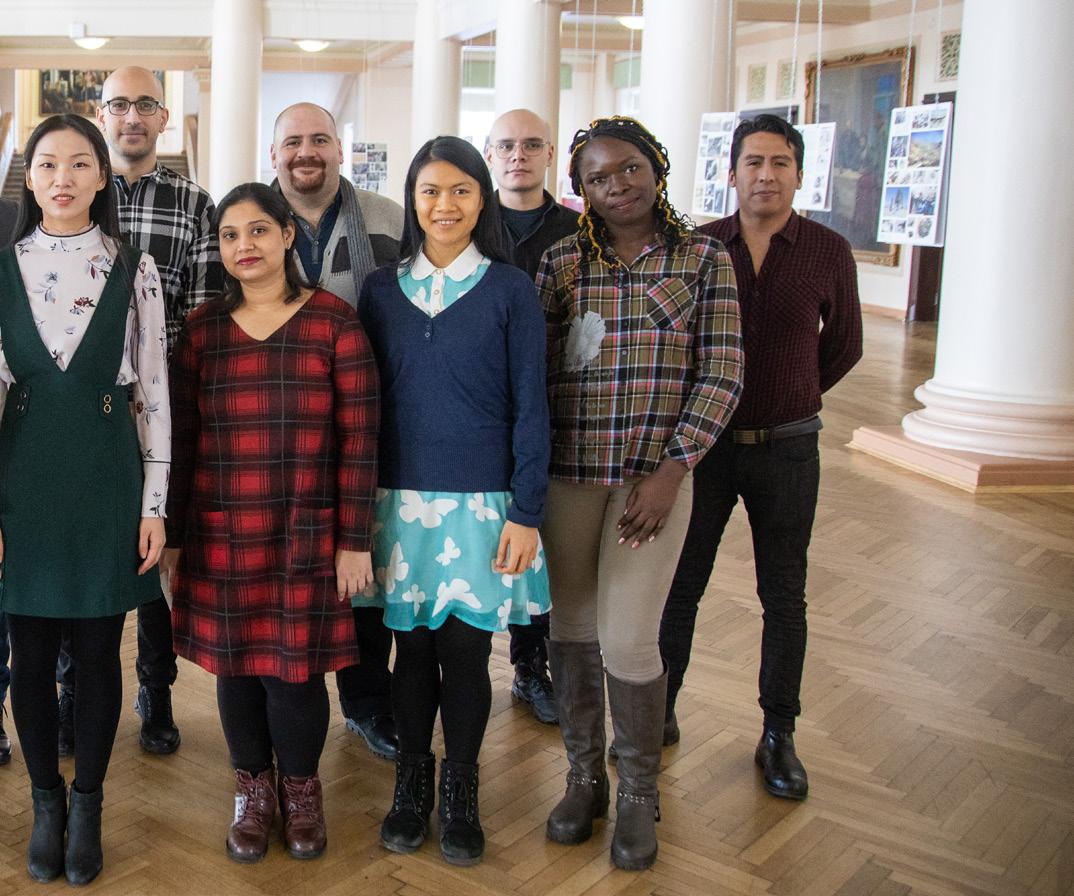
students the required fundamental and practical knowledge,” adds Rector Koksharov.
UrFU is a Russian federal innovation platform with a modern innovation infrastructure consisting of several Centers of Technological Leadership available for students, some of which are the Cyclotron Center of Nuclear Medicine, Chemical-Pharmaceutical Center, Model Lean Factory, and Center for Industrial & Service Robotics. Promoting innovation, creativity, and increased productivity, students are provided
with the opportunity to attend open lectures given by distinguished scientists or politicians. The University conducts joint scientific research with foreign partners and the world’s top-notch experts as UrFU visiting professors. Rector Koksharov opines, “Access to cutting-edge facilities and the possibility of collaboration with foreign researchers opens wide opportunities for students’ scientific activities.”
Moreover, faculty members at the university collaborate with students in research activities.
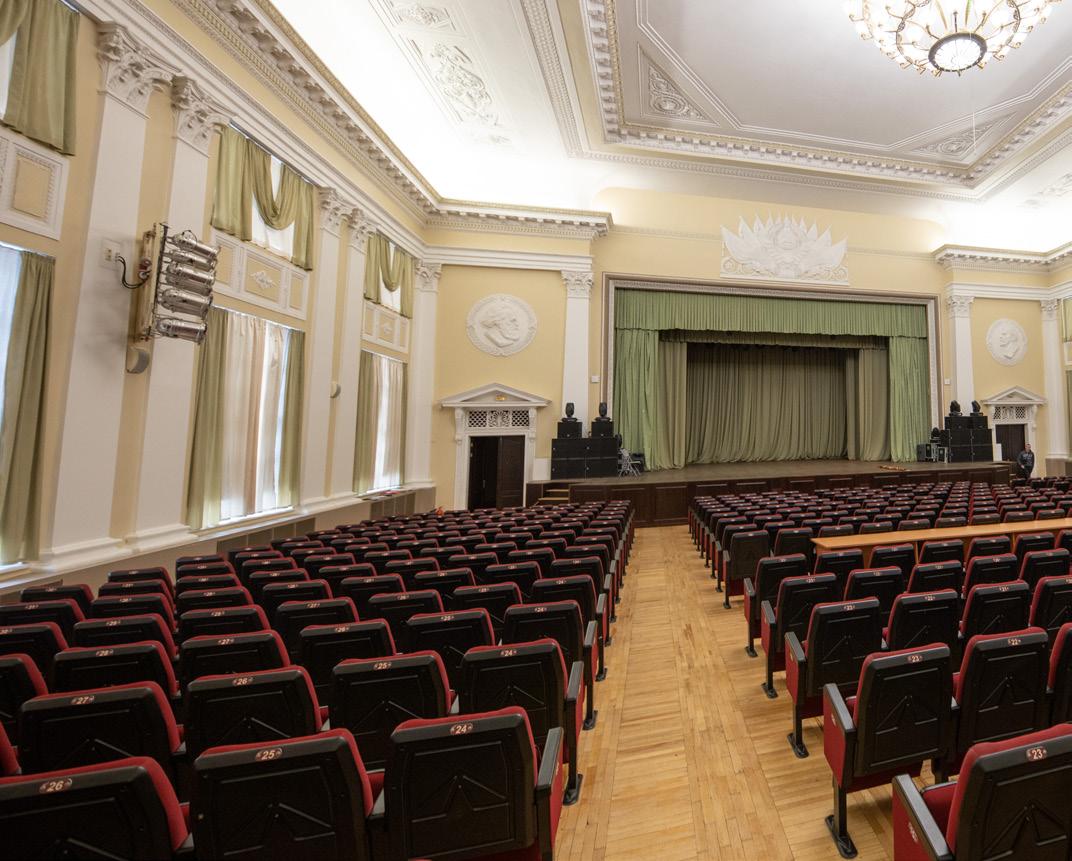
They co-author articles in scientific journals indexed by Scopus and Web of Science databases. They do not just work in research laboratories and centres but also participate in implementing research grants from the Russian Science Foundation and international organisations.
These efforts in developing advanced research are reflected in the university’s global recognition. According to the most authoritative global ranking - QS World University Rankings, UrFU is among the best universities in the world across many sectors. The university has been ranked 26th for social policy and administration, ranked in the top 51-100 for petroleum engineering, history, and philosophy and 192nd for Arts and Humanities.
In essence, UrFU offers its students a bright, active, and unforgettable student life full of academic, cultural, and sports events while maintaining a friendly international atmosphere. The university organises over 200 sports, social and cultural events yearly, such as Orientation Week, Festival ‘Friendship of Nations’, UrFU Student of the Year Awards, Educational excursions, musical evenings, cuisine nights, simulating games, and sports competitions.
100+ foreign delegations representing the world’s leading universities, international organizations and diplomatic missions visit Ural Federal University annually.
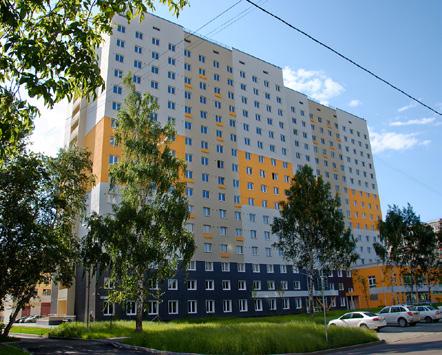
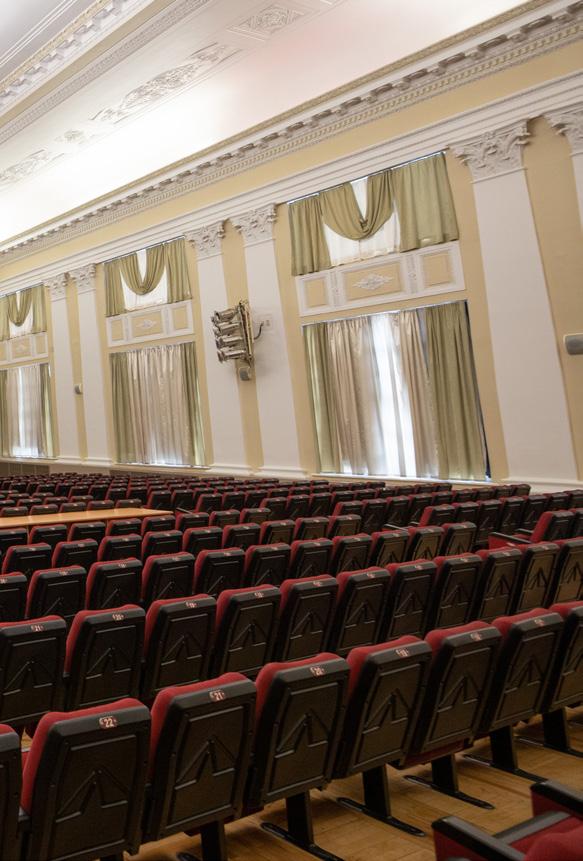
The university is also dedicated to providing its students equal opportunities in tandem with helping them shape their careers and future. Keeping this in mind, UrFU offers students a myriad of scholarship opportunities and financial support. In line with their academic performance, meritorious foreign students are awarded scholarships. Firstyear students of engineering, technology, and natural sciences programs with high exam scores get a monthly scholarship of 10000 Rubles.
Every year UrFU students receive prestigious personal grants, such as the Alfa-Chance scholarship, the Potanin Charity Fund scholarship, the scholarship of the Sverdlovsk Region
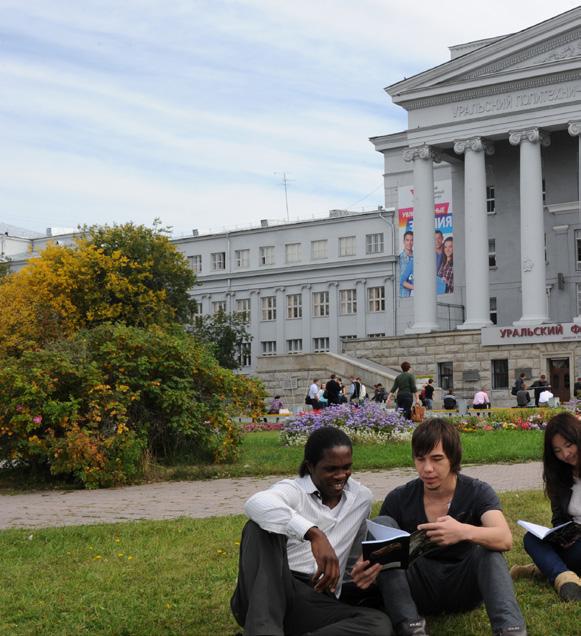
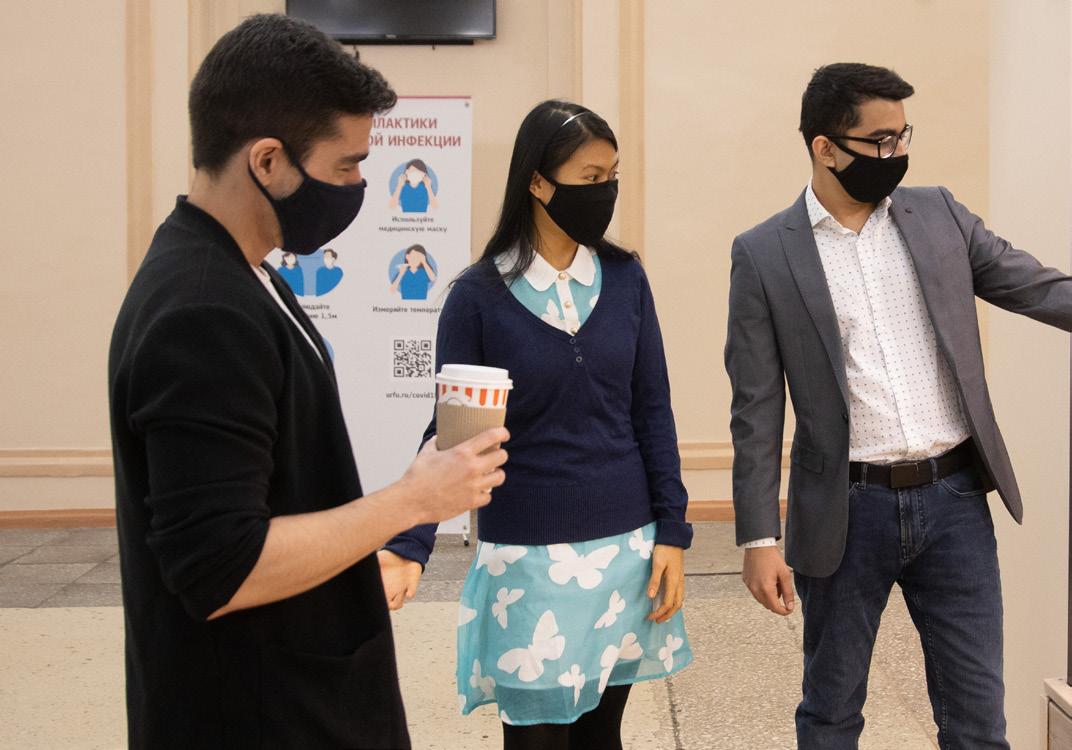
UrFU is one of the leaders of employment in the Russian Federation: over 85% of graduates get employed within the first 6 months after graduation.
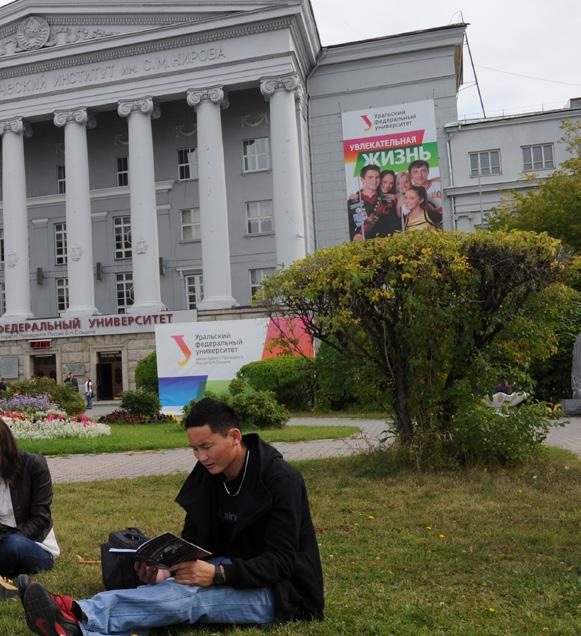
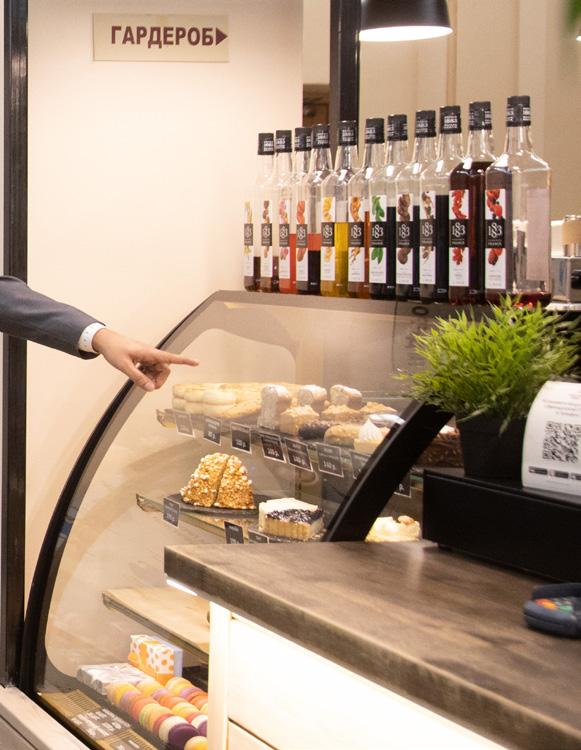
Governor, the President of Russia scholarship, the scholarship of the first President of the Russian Federation, and others.
Furthermore, UrFU awards 20 grants every year for foreign postdocs. Rector Koksharov elaborates on how foreign applicants are provided with the opportunity to receive a Russian Government scholarship to study in any program within the quota established by the Government of the Russian Federation. This scholarship includes free tuition for the entire study period, a monthly scholarship (for the entire study period, regardless of the candidate’s academic results), and a designated place in the university dormitory. The selection of foreign applicants is carried out by Rossotrudnichestvo through its network of representative offices (Russian Houses) in different countries and through Russian embassies abroad.
Another excellent scholarship opportunity is the Open Doors Russian Scholarship Program for Masters & PhD. Studies. Open Doors is an international Olympiad by Global Universities Association, giving a chance to winners for early admission to a tuition-free Master’s degree or Doctoral program. And for participants of the final
stage of the Open Doors Olympiad, UrFU offers a 25% discount on their tuition fee.
The University has an exciting and flexible tuition fee discount system where a 4% discount for advance payment (for each year of study) is available for any level and form of study. Additionally, applicants who earn 40 or more points on the entrance exam get a tuition fee discount of 10 to 30 per cent for the entire study period. Lastly, students under the low-income category may avail of financial help to pay their fees and some of their living expenses through UrFU’s Students’ Union.
The university is fully equipped to help students and faculty alike to realize their full potential. UrFU has been successful in doing so over the decades, owing to its drive to continually innovate and stay abreast of trends and emerging technologies.
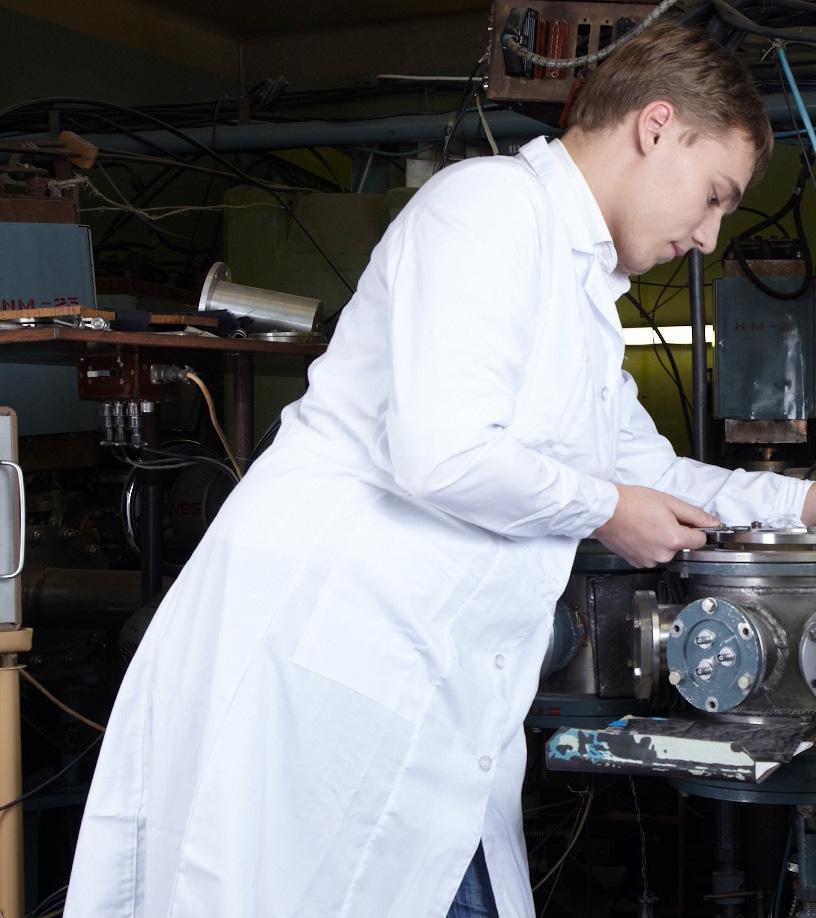
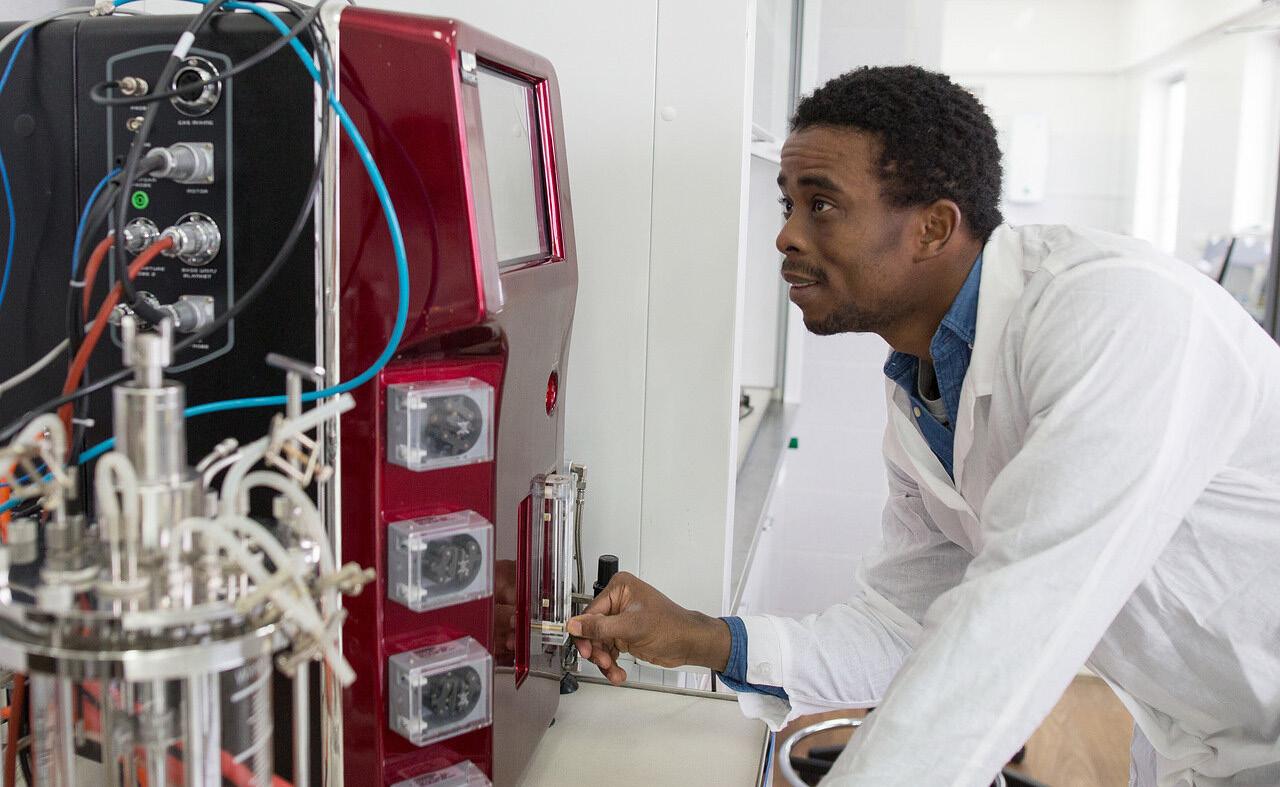
Even when the world was crippled by the onset of the Corona Virus pandemic, UrFU spearheaded the online education revolution. In 2019, the university had successfully implemented the digital transformation program and thus managed to conduct teaching and research activities in a
remote format even during the pandemic. “UrFU uses its online educational platform HyperMethod and Microsoft Teams and Zoom services to enable students to attend classes from home and abroad. Apart from that, there are also courses on the National Open Education platform,” elucidates Rector Koksharov .
Ural Interregional Research and Education Center (UIREC) ‘Advanced Industrial Technologies and Materials’ is designed to unite the efforts of educational and scientific organizations and industrial companies of the Sverdlovsk, Chelyabinsk and Kurgan regions in the field of applied scientific research and development of the world level.
In conjunction with this, the university also offers other online educational & scientific services, such as:
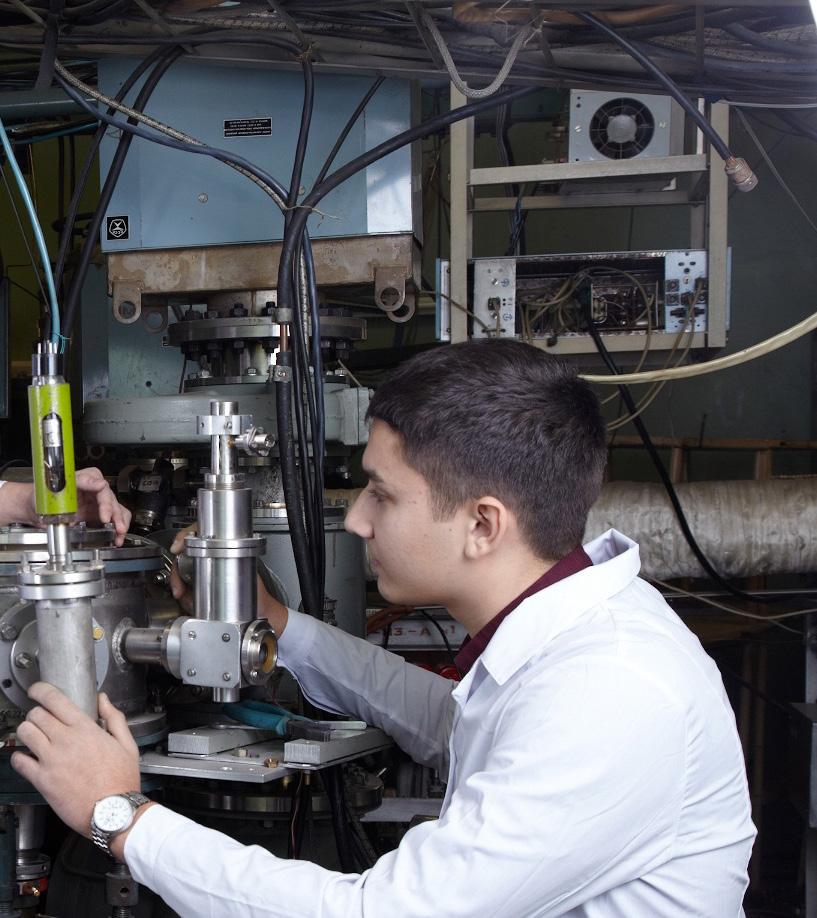
● Online courses on the National Open Education Platform
● More than 4000 courses in electronic format on LMS platforms
● University portal of electronic scientific archive and resources
● Work of the dissertation councils in mixed mode: full-time format plus online participation of the members of the dissertation council
● The digitalisation of teaching and administrative work: introduction of 270 digital services for all areas of the university: 91 for training, 11 for scientific activities, 80 for administrative needs, and 85 for IT support.
Rector Koksharov adds, “Ural Federal University attaches great importance to international academic mobility programs and now develops them in both formats – offline and online to not depend on possible constraints with cross-boundary movement caused by the COVID-19 pandemic or any other factors.”
So, academic exchange with more than 100 partners in 40 countries around the globe goes on regardless of external conditions. All courses are enabled with the option to be conducted remotely through Zoom and Microsoft Teams services, while webinars of staff and students are held through the UrFU online service, BigBlueButton, as well.
Currently, post the pandemic, UrFU hosts exchange students from different countries of Asia and Europe while UrFU students participate in mobility programs in those countries. The university’s main partners for student mobility remain universities of China, India, Japan, South Korea, Germany, Italy, Hungary, France, and Turkey.
As one of the leading education providers, UrFU is committed to further the development of its online programs and courses. Perfectly aware that scientific research plays a key role in global and self-development, UrFU ensures that its students work with top-notch practising experts and use advanced facilities on its campus and online services where possible and necessary. In 2023, UrFU will have a fully operational campus with 8500 additional places for student accommodation and advanced infrastructure for studies, research, and sports activities. The university aims to develop the campus for a specialised education and science centre, UrFU Lyceum. The campus
construction will create an advanced educational environment and foster the implementation of project-based and interdisciplinary training by forming multifunctional teams.
On the research front, UrFU is constantly fostering research activities on its campus. The renowned university, together with Russian and international academic and industrial partners, is currently implementing six megaprojects, which are focused on breakthrough directions of scientific research. These projects will significantly contribute to the development of the world’s science. Rector Koksharov concludes, “Our breakthrough projects concern new energy technologies, electronics and spintronics, climate-ecological monitoring and Arctic Science, Advanced Technologies for the Electrochemical Power Engineering, Study of protoplanetary matter, carbon micro-, opto-, and nano-electronics, and also an intellectual and technological platform Smart Grid for processing large data sets.”
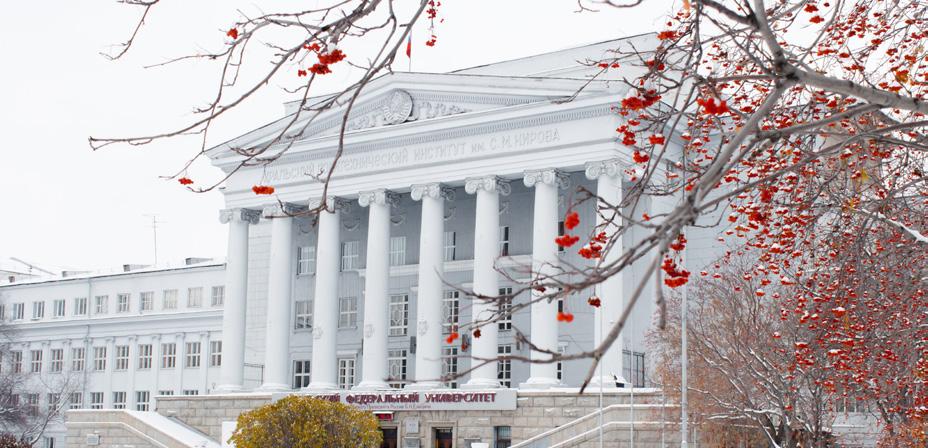


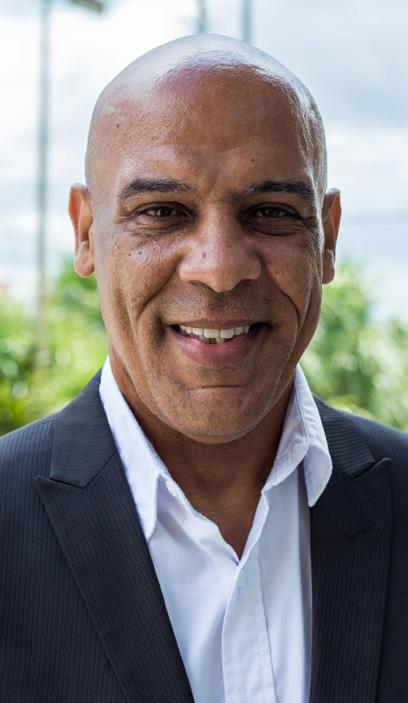
Manuel Hernandez, Language Arts Teacher, Florida Department of Education
As an English as a Second Language (ESL) teacher in New York City, Manuel Hernandez had many recently arrived students from all over the world. Determined to bridge that gap, he discovered culturally responsive teaching. Purpose called him to come to Central Florida and use his teaching experience to facilitate language learning and get young adults (particularly immigrants) college and career ready. After several years in Florida, he has been able to help open the academic doors that were shut for many of the recently arrived students. His Coming to America (CTA) educational program has impacted second language learners in Florida. Likewsie, his recently published book, “Every Child Coming to America” is a testimony of how much English language skills are developed when culture is represented and reflected in the new-found educational experience of the young teen immigrant.
The educational system has bowed down to the disparities and inequities of a system that was not necessarily equipped with the tools and resources to meet the academic expectations of a growing minority population
The minority population in Florida has gone haywire! According to USAFacts | Nonpartisan Government Data, Florida's population has grown 15.8 percent in 2010 as compared to the national average of roughly 8 percent. That was twelve years ago. With the increase comes a great number of second language learners, and there are also many uncertainties in terms of how the newfound immigrants should receive a quality education. As more and more second language learners settle in Florida, there is a need to reconstruct narratives. Young teenagers who immigrate/migrate to the state of Florida, particularly because of natural disasters (Hurricane Maria), war, political instability, and famine, carry with them narratives that are often quieted. In the
classroom, relocation stories and instances of pain are rarely used as tools for recuperation of the immigrant/ migrant experience (Centering Immigrant Youth Voices: Writing as Counterstorytelling, The English Journal, Vol.109, No.5, May 2020 pp.35-42). While education in Florida was designed for native speakers of the English language, a culturally responsive education can integrate a variety of written and communication skills and build bridges to facilitate English language skills, and empower second language learners to become college and career ready.
The educational system has bowed down to the disparities and inequities of a system that was not necessarily equipped with the tools and resources to meet the academic expectations of a growing minority population. The Florida Consent Decree (1990) provided a doorway,
Developers,
but the immigrant population growth has superseded the Decree's good intentions of providing second language learners with the basic resources available at entry levels within the initial stages of registration and cultural adaptation in the educational system. While student demographics continue to diversify at a rapid pace, there is no alignment between its growth and the educational strategies fostered by the system. One of the greatest strategists of all time, Jim Rohn, stated that "success is 20 % skill and 80% strategy". Expecting better and more improved results while staying within the same blueprint is simply counterproductive. The risks of inertia and the fallouts that come with inactivity are at their highest level.
A strategic pathway towards alignment is the storytelling writing process. To regain
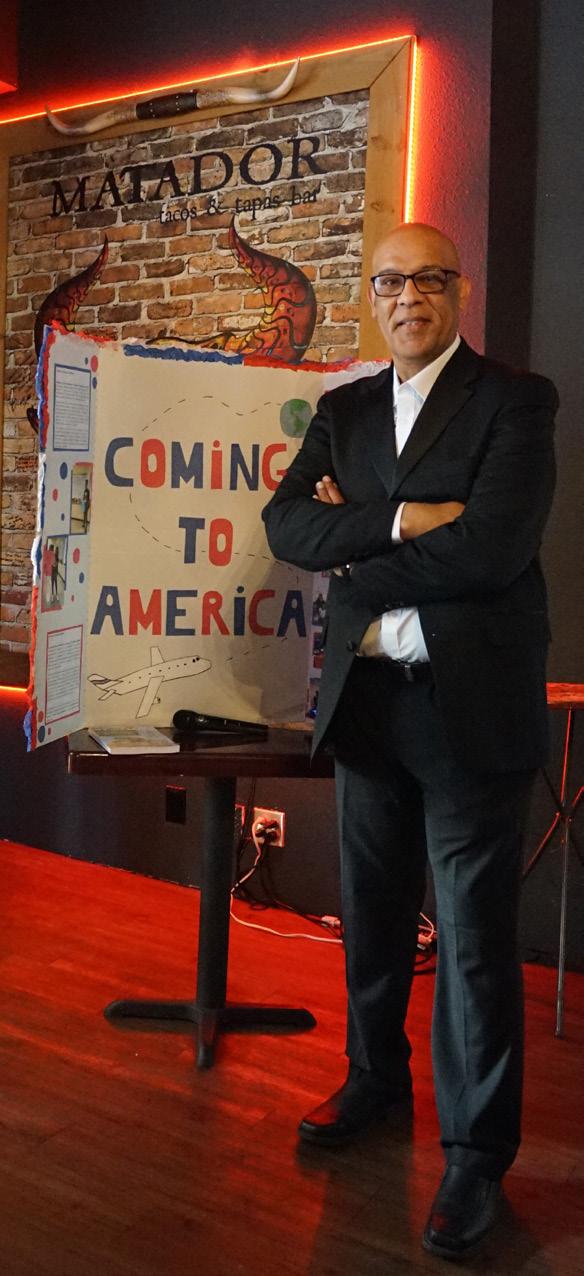
real-estate moguls, and megacorporations have lured and conquered the pockets of families that escaped their countries of origin, yet arrived with hopes, dreams, and uncertainties
their stories, young people need opportunities to rebuild narratives they hear about themselves— narratives that are "lacking" their voices—in their own contextual, linguistic, and complex forms. Allowing students to write, speak and shout their stories constructs a bridge from one lost culture to a found culture here in Florida. In the words of the scholar, Dr. Luis "Tony" Baez, "they are young people that give you their most personal, and often soul-searching descriptions of the challenges of arriving in a different educational system, a different language and culture, and who survived and attained relative success."
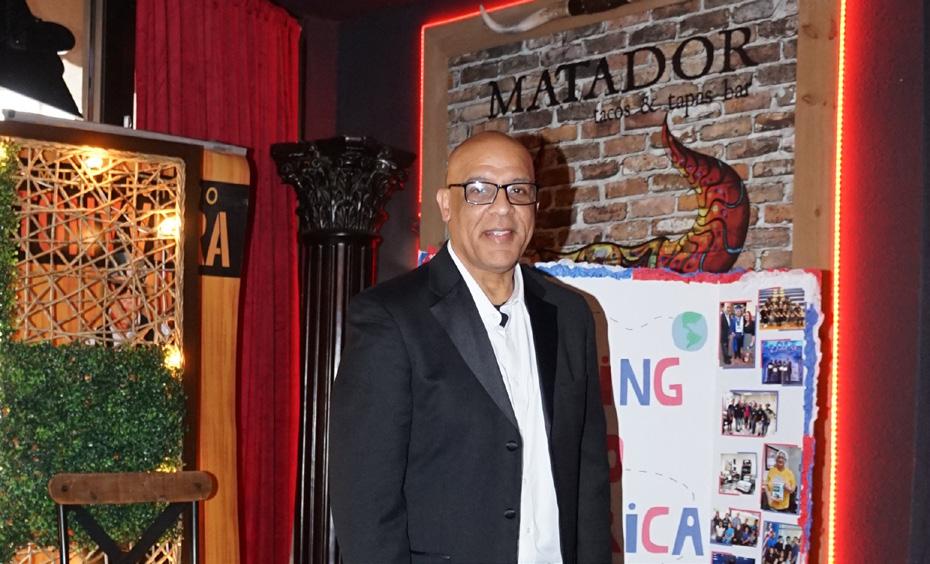
Their stories became treasures---described and narrated in their terms which helped them cross the bridge to further academic, college and career, and personal success.
Developers, real-estate moguls, and megacorporations have lured and conquered the pockets of families that escaped their countries
of origin, yet arrived with hopes, dreams, and uncertainties. Undermining original resources and sources created and authored by students and educators is stalling the opportunity to hear their voices through storytelling and closing a door to a scientifically proven strategy that embodies the Florida Consent Decree's statement, "1. Districts shall provide appropriate home language instruction or ESOL content instruction or a combination of the two in basic subject areas in addition to basic ESOL instruction. Examples of appropriate ESOL instruction in basic subject areas include "ESOL content," "sheltered", "structured" and similar ESOL strategies." (Consent Decree (fldoe.org). ESOL or ESL strategies may include the use of culture-based instruction within the allotted time frame to build a bridge toward English proficiency.
Some will argue in support of providing documents such as "Of Plymouth Plantation"
(William Bradford) as a launching pad for the initial days and weeks in the English Language Arts (ELA) classroom for juniors in high school. In the narrative, the so-called Pilgrims detail their shortcomings, pitfalls, and encounters with Native Americans in the journey from England/Holland across the ocean with a "lucky" landing in Cape Cod. The document is one of ELA's core documents at the high school level, but the connection is only established intentionally while comparing the 17th-century Pilgrim to the 21st teen immigrant's journey from Central and South America to the Sunshine State. While the compare/contrast and culturally relevant strategy are not "stated" in the curriculum, the results of the student's interest and development of English Language skills once the bridge is constructed are amazing. The diversity of student demographics is more than just diversity; diversity implies change and change requires new strategies.
Once the connection with literature is developed, the storytelling-writing process becomes imminent. As soon as writing is encountered, speaking, and listening skills are also mastered. The scholar emeritus of the Transactional Reader-Response Theory, Louise Rosenblatt credits the strategy:
"all readers have individualized reading experiences because each reader has unique background schemata." The interaction between the reader and the text constructs meaning, and a student's story adds meaning, value, and authenticity to the academic process. It is like turning on a light in deep darkness. The light is activated to build bridges to facilitate English language skills and empower second language learners to become college and career ready at the same time. At a conference that I attended at the University of Puerto Rico, Rio Piedras Campus in 1996, Dr. Eugene Mohr, a legendary scholar on Nuyorican Literature asked the 50-plus participants the following question, "how many of you have written your story?". There was silence in the audience. Then he added, "how many of you know that your story is universal?". A generation ago, Mohr discovered a treasure of "undiscovered territory" (Hamlet), the reading-writing experience of storytelling is the key to a revelation that can unlock unlimited potential, especially in a student who has arrived in a foreign country and faces the ordeal of learning a new language, adapting to a new culture and mastering the expectations of a system built for native speakers.
The diversity of student demographics is more than just diversity; diversity implies change and change requires new strategies

Vibha Kagzi, Founder & CEO, ReachIvy.com
Vibha Kagzi embodies everything that ReachIvy.com stands for. From being a pioneer in the education field to authoring several articles and a book, she has broken the glass ceiling and established herself as a doyen in the field of education.
Vibha holds an MBA from Harvard Business School and a Bachelor of SciencedegreefromCarnegieMellonUniversity.Shehasalsostudiedatthe University of California (Berkeley), London School of Economics, Indian School of BusinessandXavier’sInstituteofCommunications.SheisacertifiedLeadershipcoach at Coach for Life, USA. A case study she published at Harvard for the Negotiations Department has been incorporated into the teaching curriculum at the school.
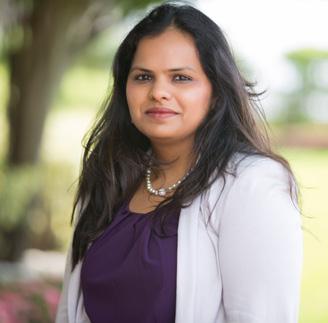
Many students dream of studying abroad and eventually making a career there. Migrating to a new country comes with a set of caveats in terms of visa regulations and other rules that aspiring students need to keep in mind. The US, UK, Canada, Germany and many more top the list of students’ preferred study abroad destinations. We look at the rules for some of them.
1. When the Department of State issues you an F or M student visa, you are going to the US to study. You cannot participate in any activity that strays from this purpose.
2. Most international students receive an F1 visa, which is intended for non-immigrant students. While these students are allowed to work, it is permissible only under select conditions and in compliance with the rules of the United States Citizenship and Immigration Service (USCIS). On-campus employment is usually the most accessible followed by four types of off-campus jobs.
3. Students can work off-campus only during the summer after the first year of their degree.
1.With a study permit in Canada, you must be enrolled at a designated learning institution, except if you’re exempt.
If you have a student loan or scholarship with which you are going to study in the UK, you will also have to supply that as proof
2. You must also be actively pursuing your studies unless you are enrolled full- or part-time in a semester, you are progressing in your coursework, and you may not take a
4. You must also check for what else the permit allows: the level of studies, if you’re allowed to work either on or off campus, if you have to report medical procedures, if you can travel within Canada, and by when you must complete your studies.
1. Make sure your finances are in place. Depending on your circumstances and the visa you apply for, you will need to manage those expenses accordingly. The same amount of funds needed to apply for a visa should also be accessible. This proof of accessibility should also be recent and stable.
2. If you have a student loan or scholarship with which you are going to study in the UK, you will also have to supply that as proof.
3. There are many reasons why a visa application may be rejected: not meeting basic rules, missing documents, providing photocopies instead of originals.
Germany is also a top choice for students when it comes to studying abroad, pandemic no bar. ReachIvy.com suggests getting started on your visa applications early on when you have the acceptance letter. This provides adequate room to plan accommodation, work opportunities, and even get an idea of how long you can extend your stay after you complete your degree. Depending on the country, getting a work opportunity with a sponsored visa also means that you can continue staying there without worrying about breaching the rules of your student visa.
leave longer than 150 days from your course.
3. If you cease to meet the requirements of being a student or your permit expires, you will have to leave the country.
Whether it is to further your knowledge and career or gain global exposure, the reasons to study abroad are several. Pick your reason and get ready to set off.
Depending on the country, getting a work opportunity with a sponsored visa also means that you can continue staying there without worrying about breaching the rules of your student visa
